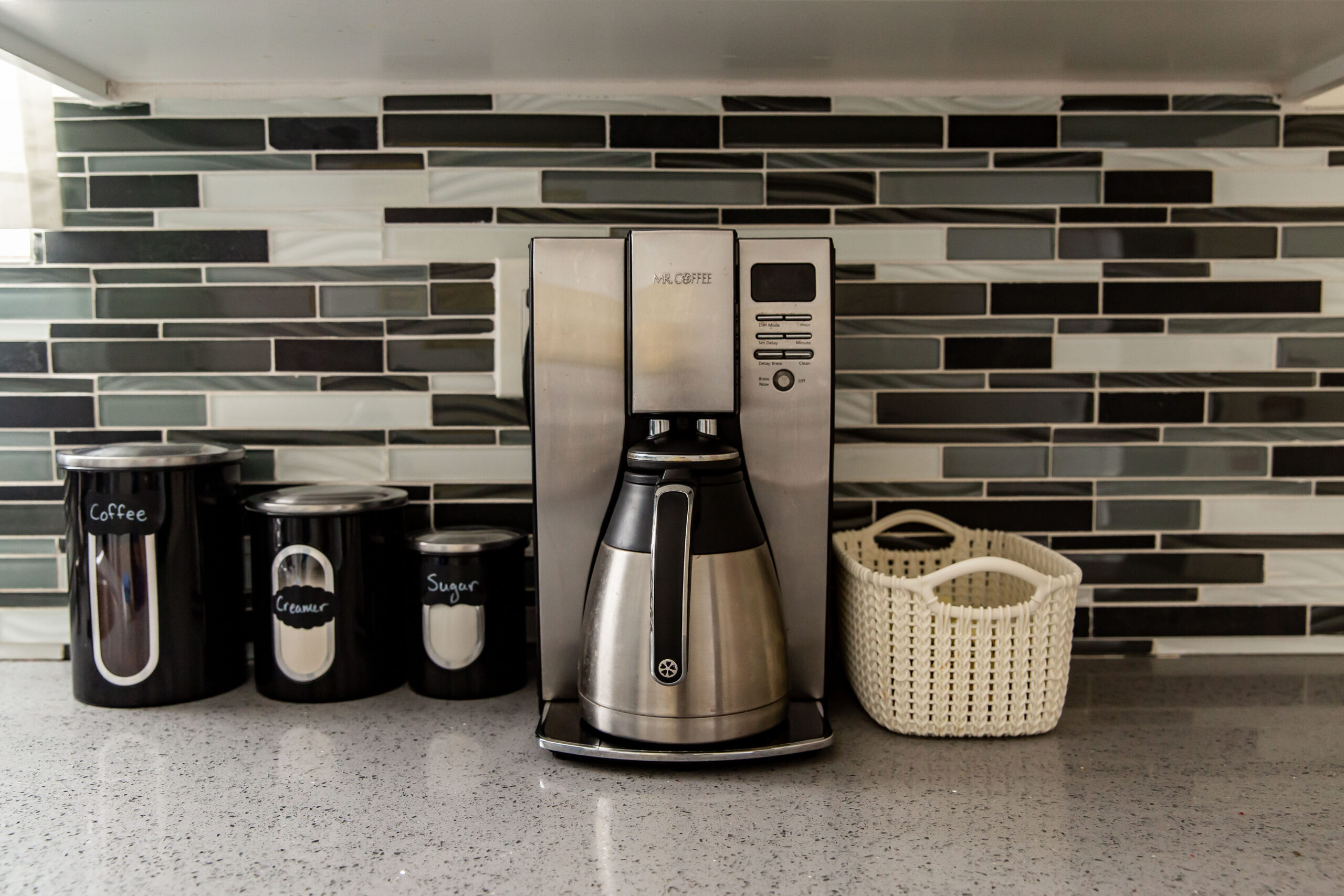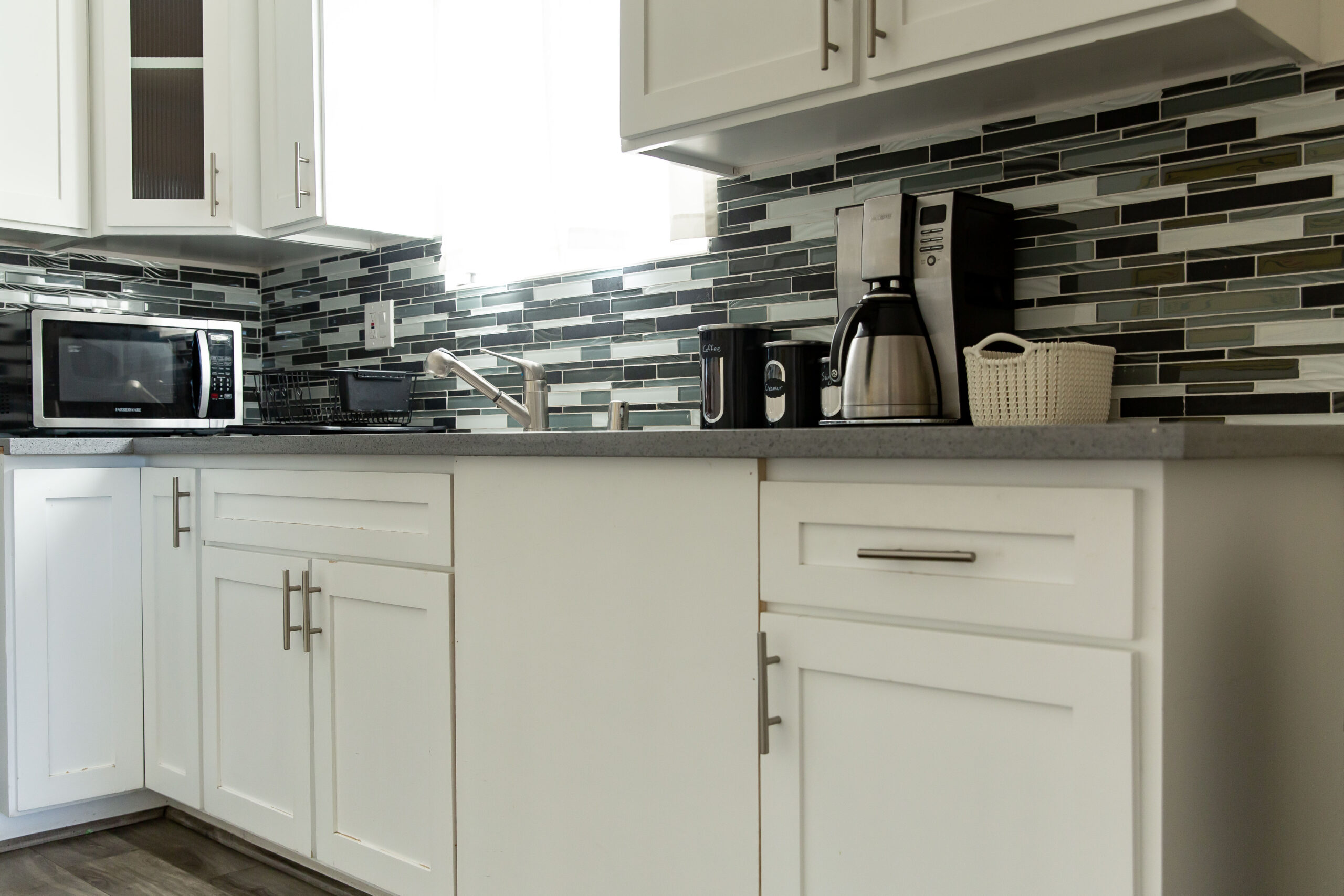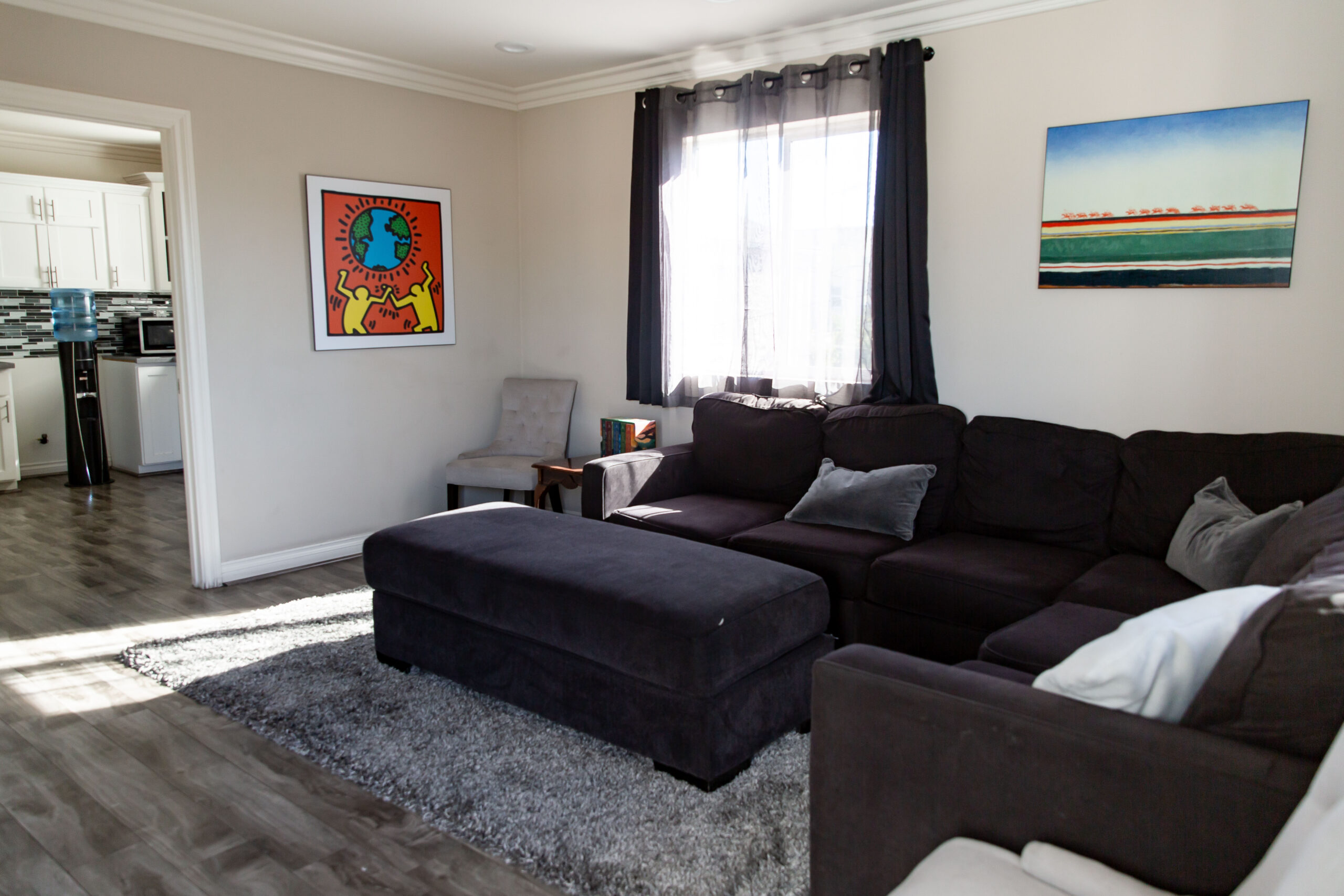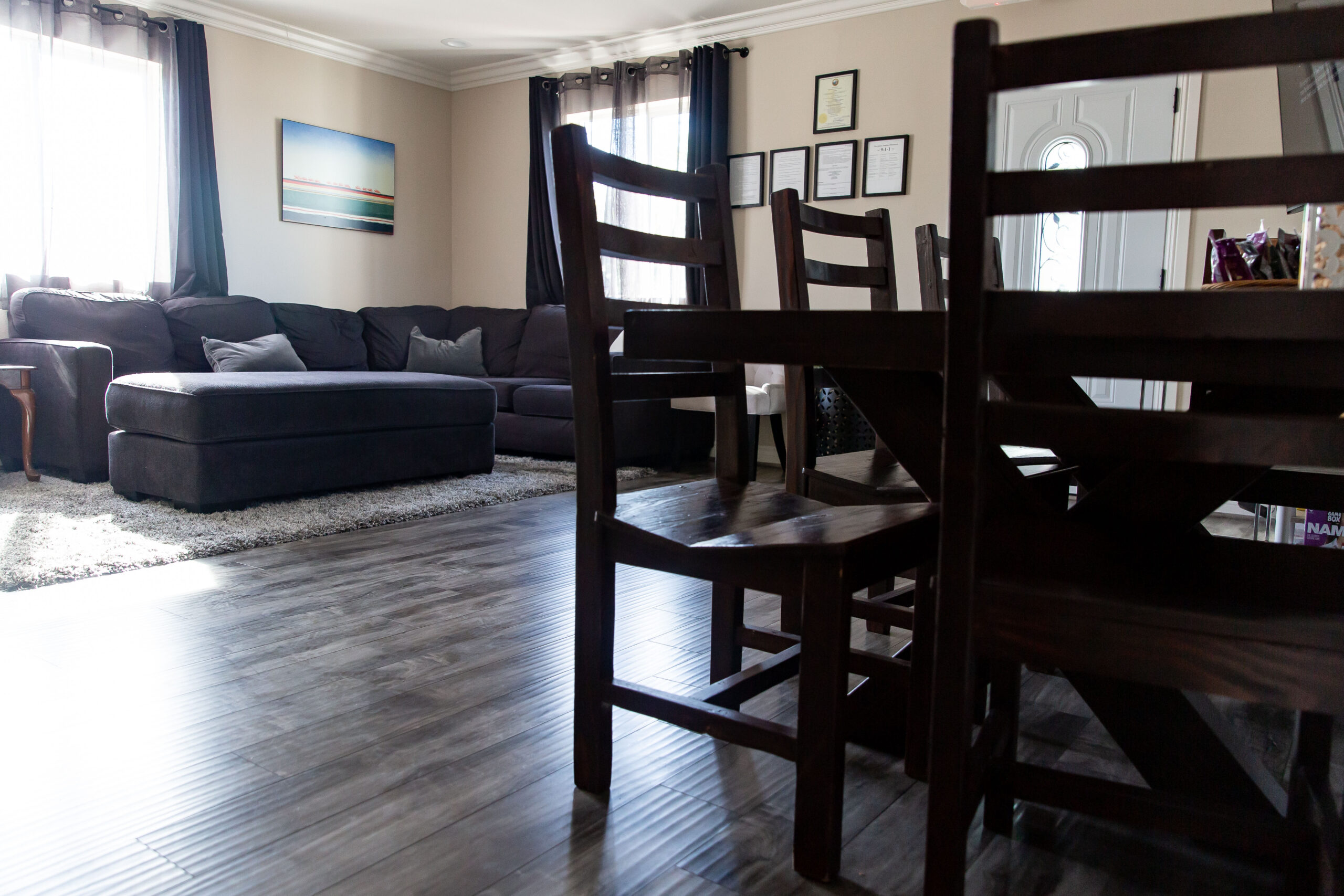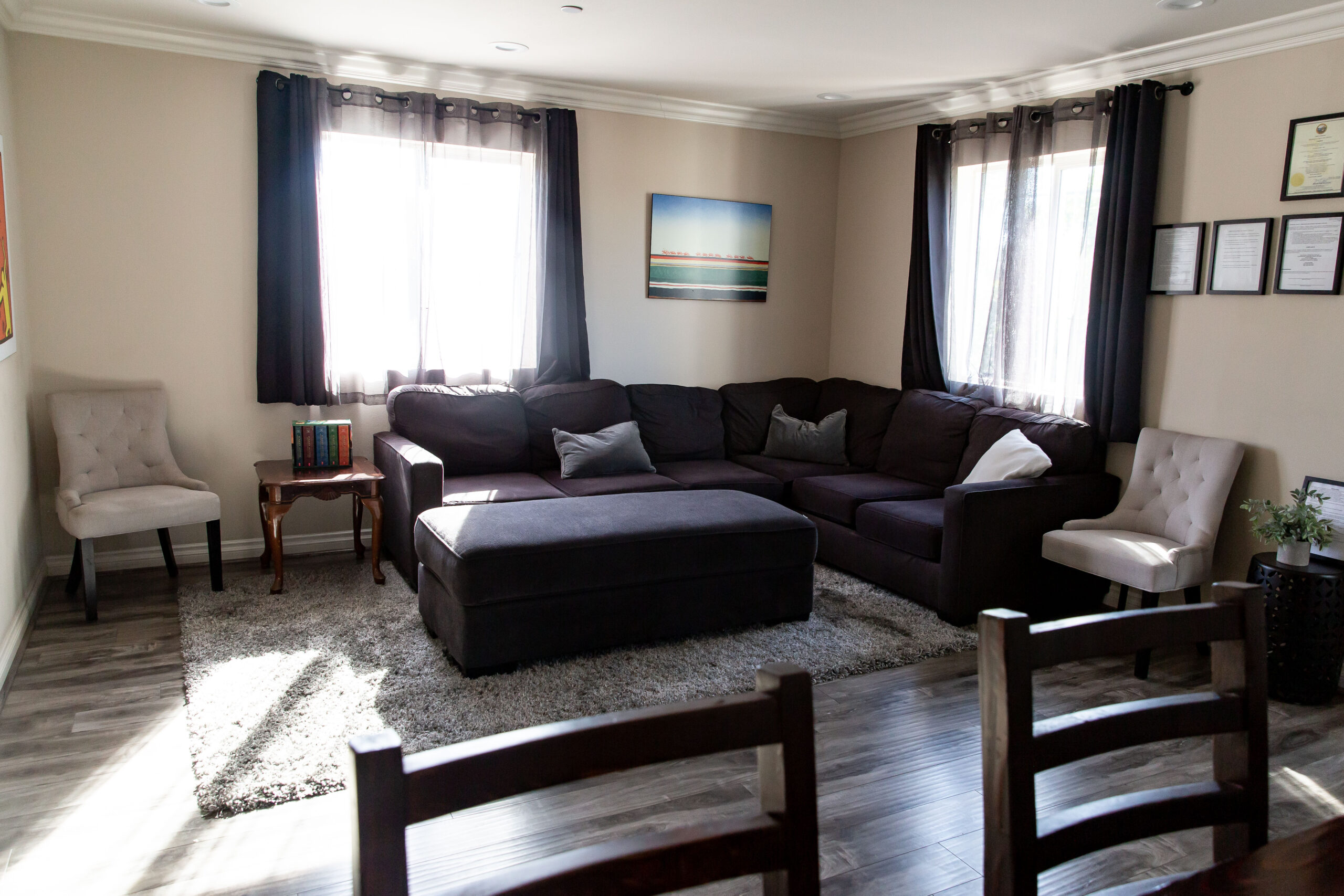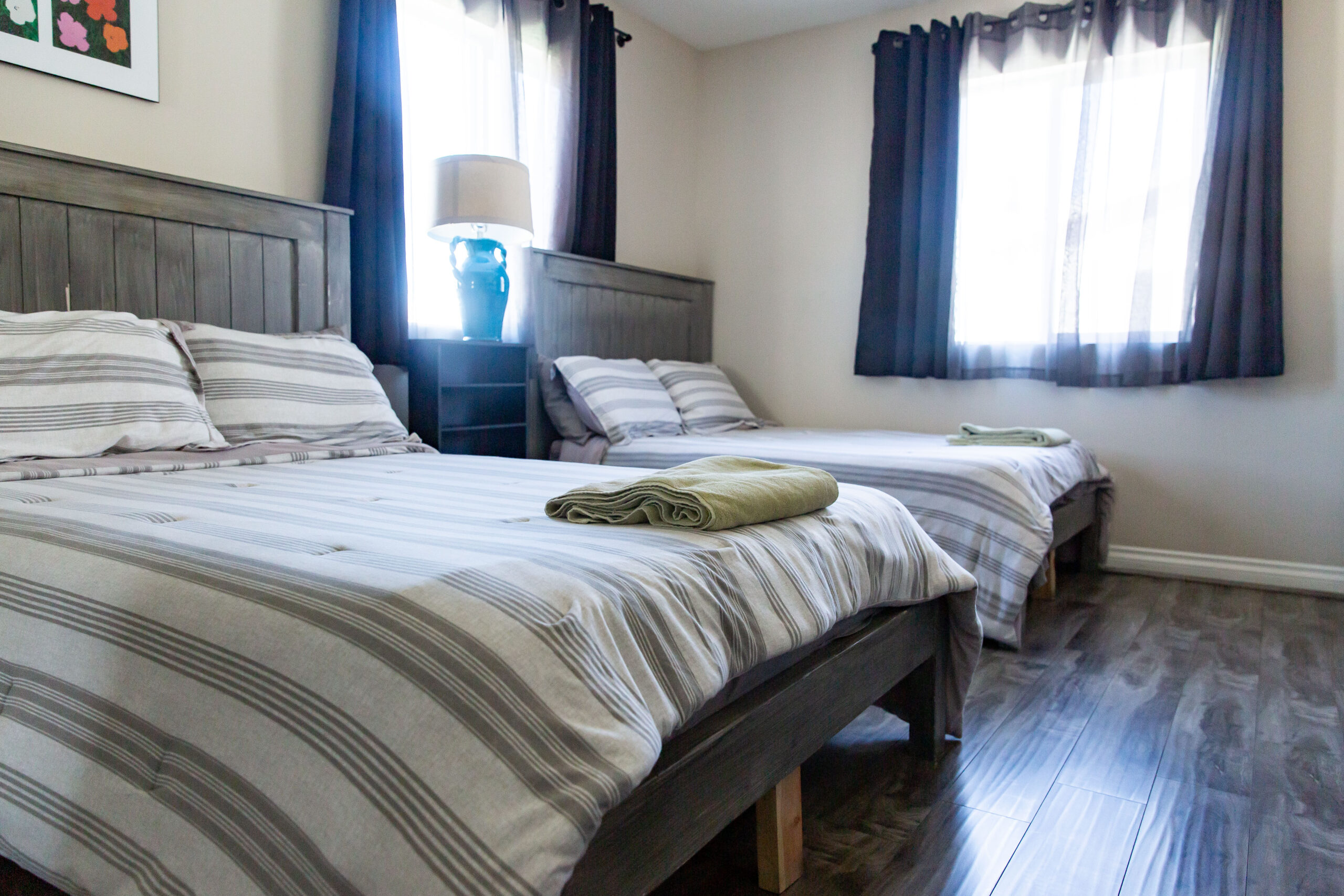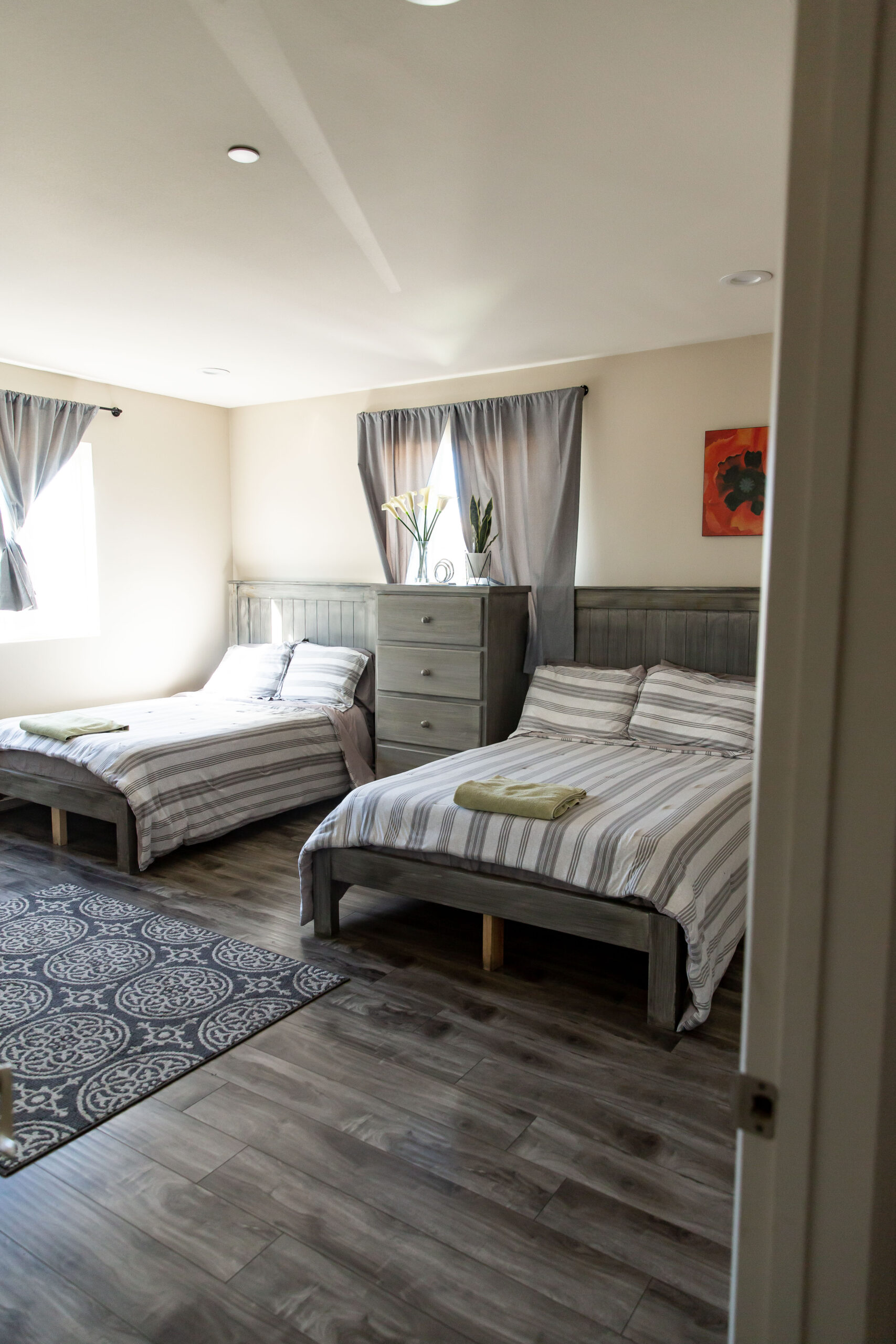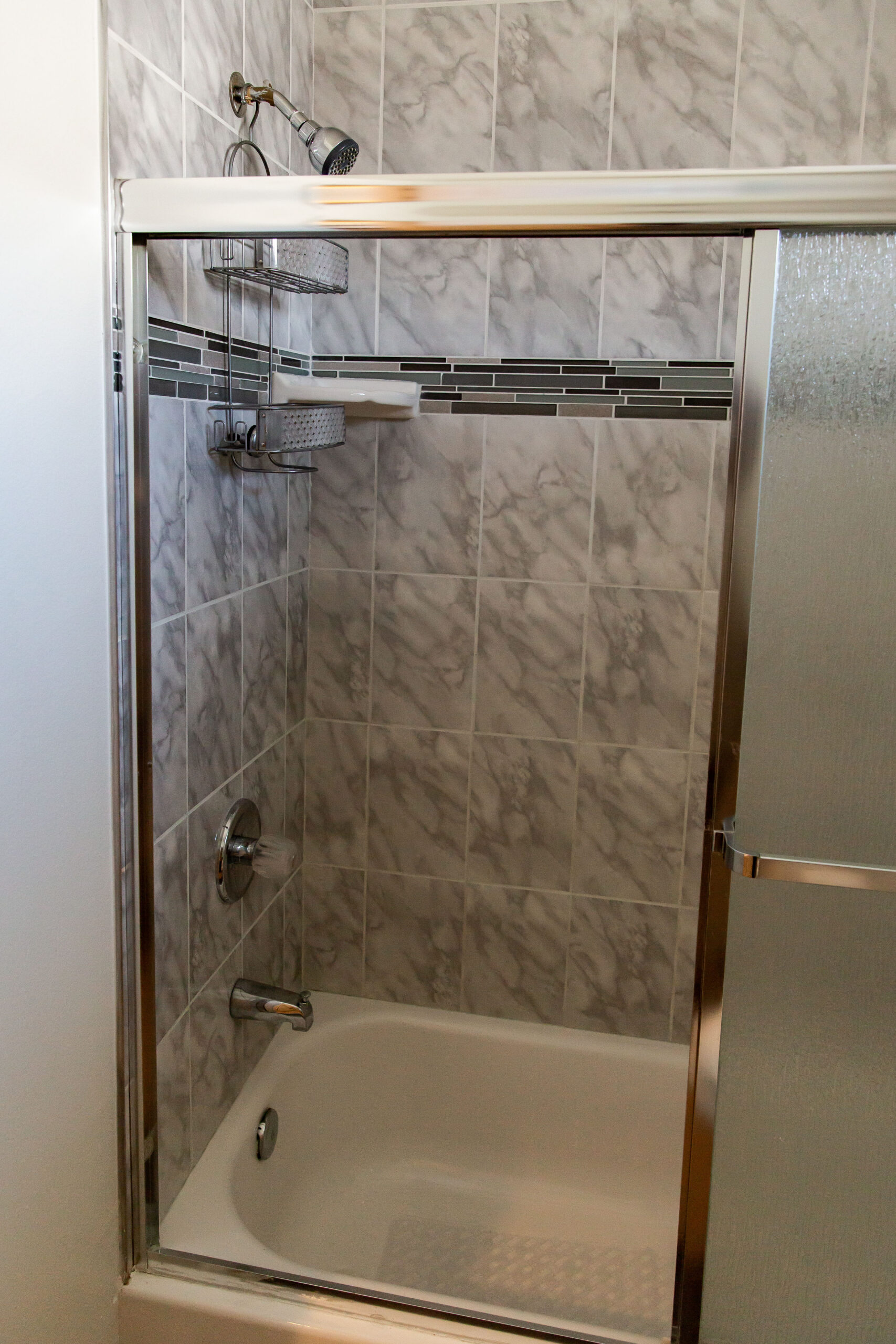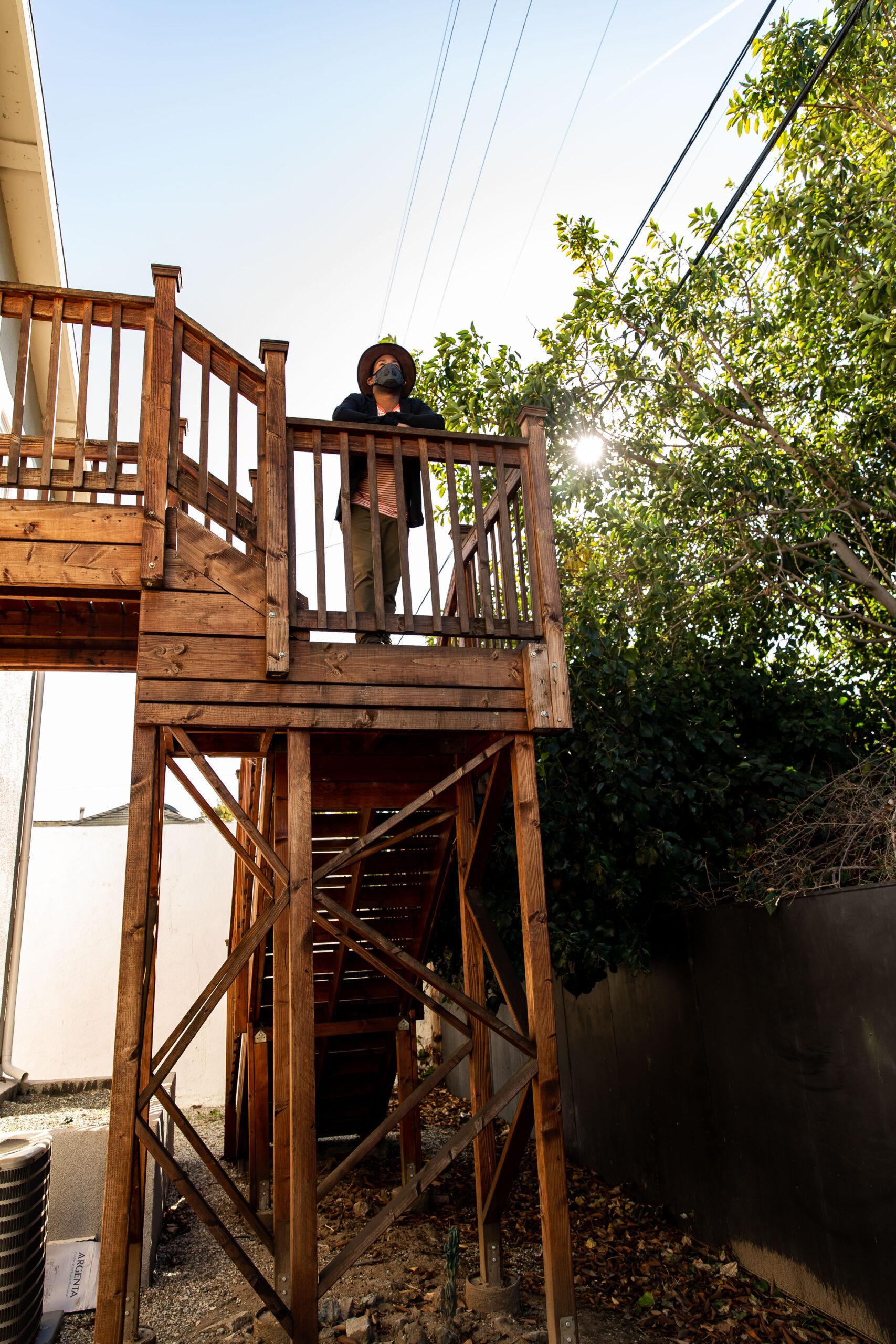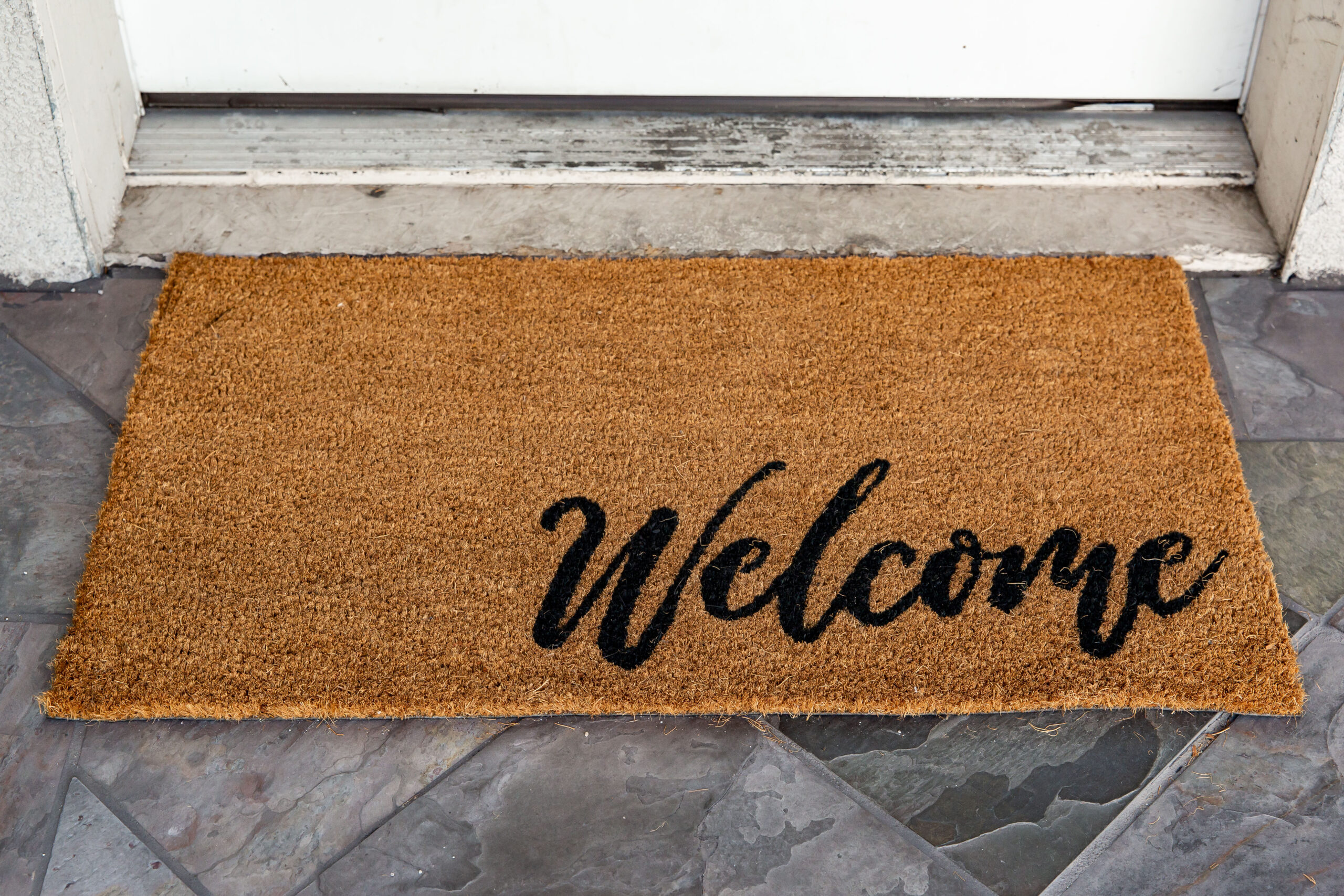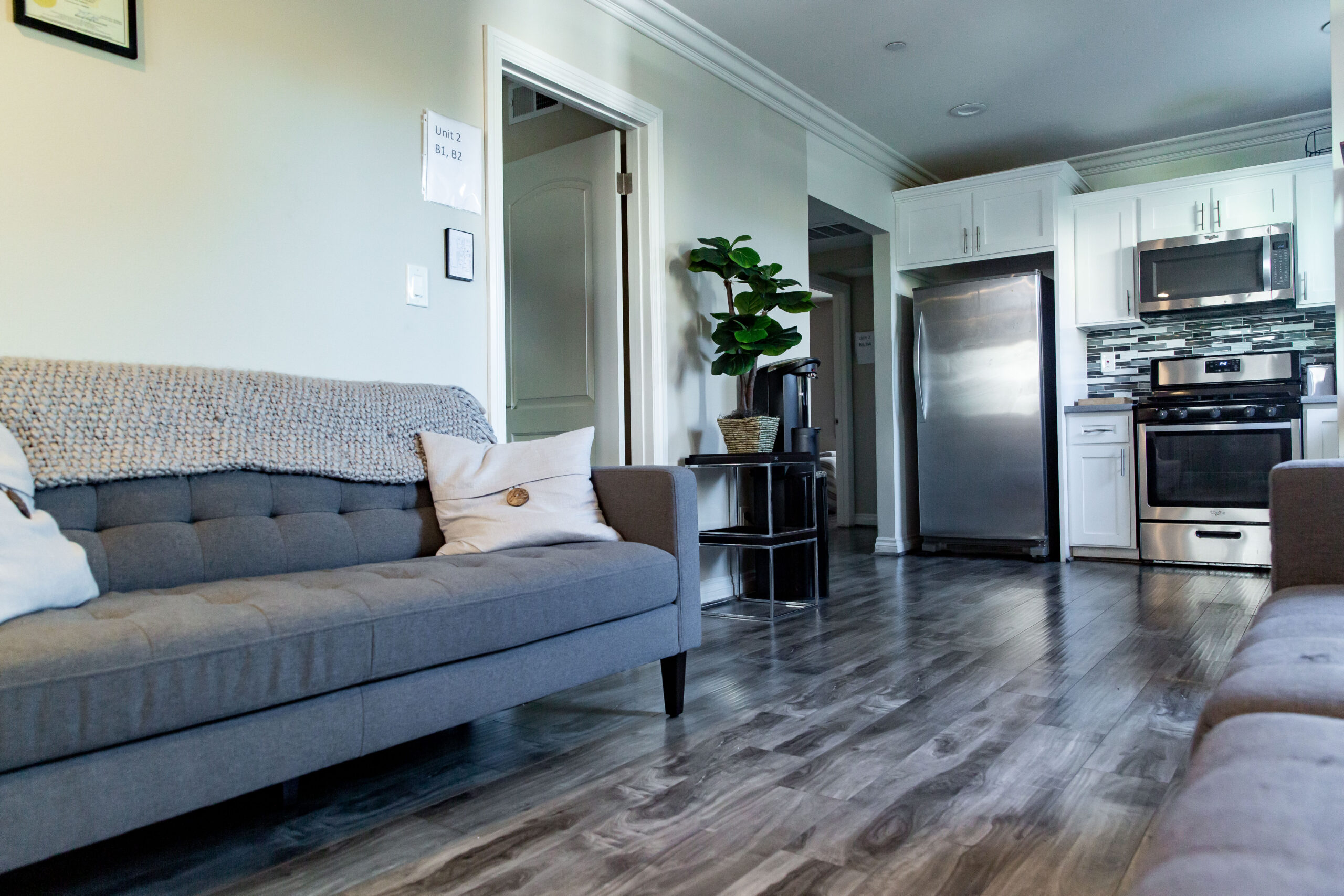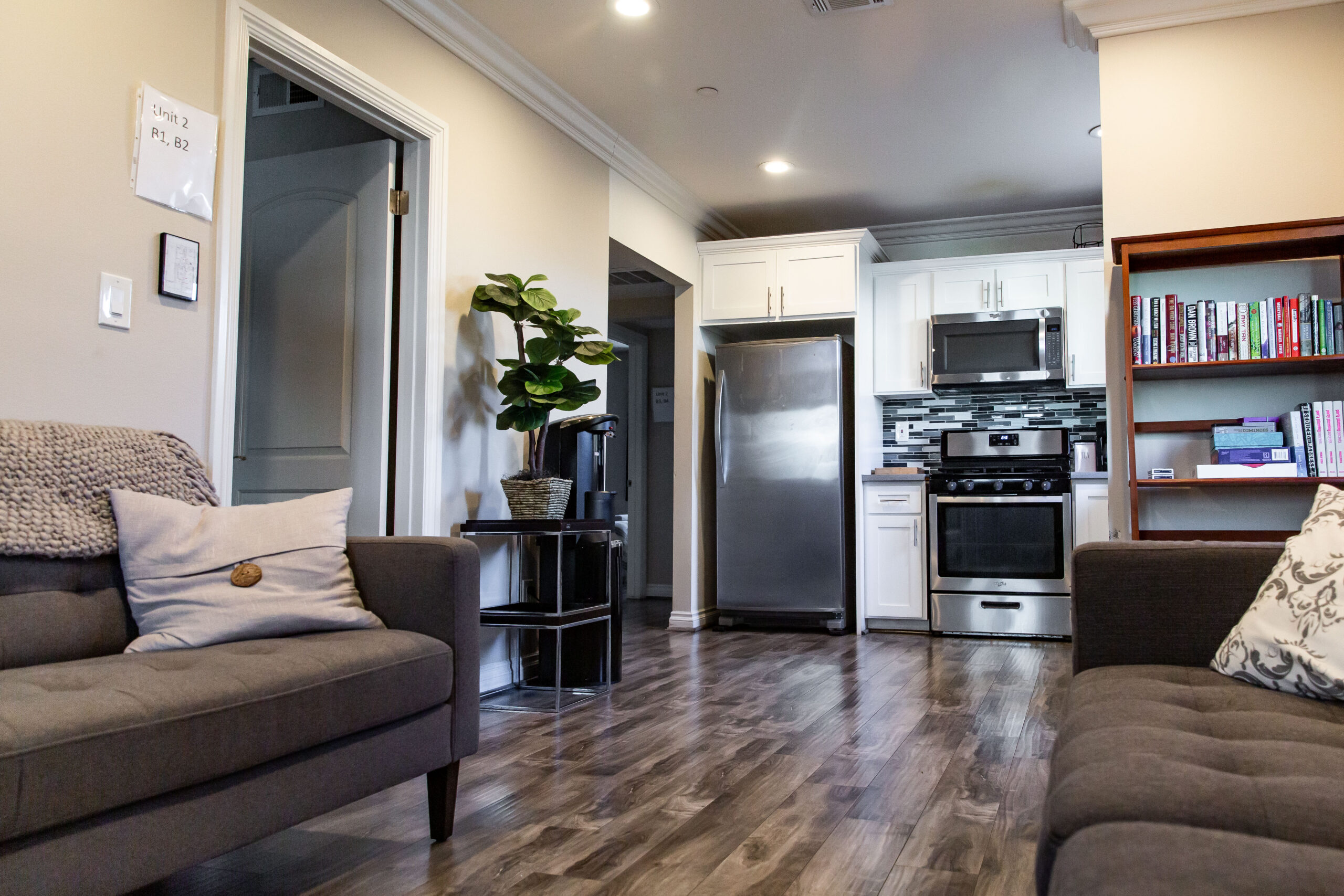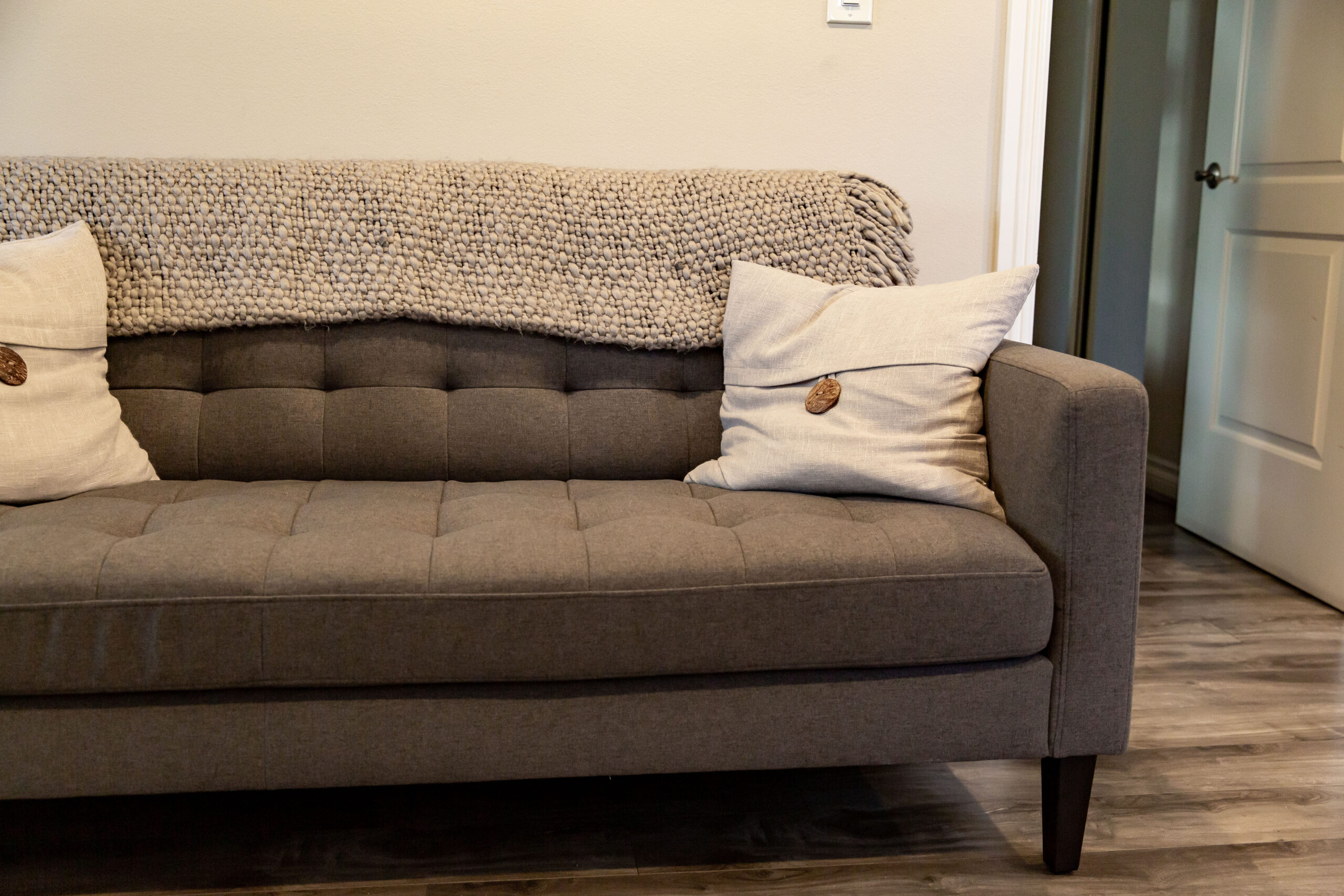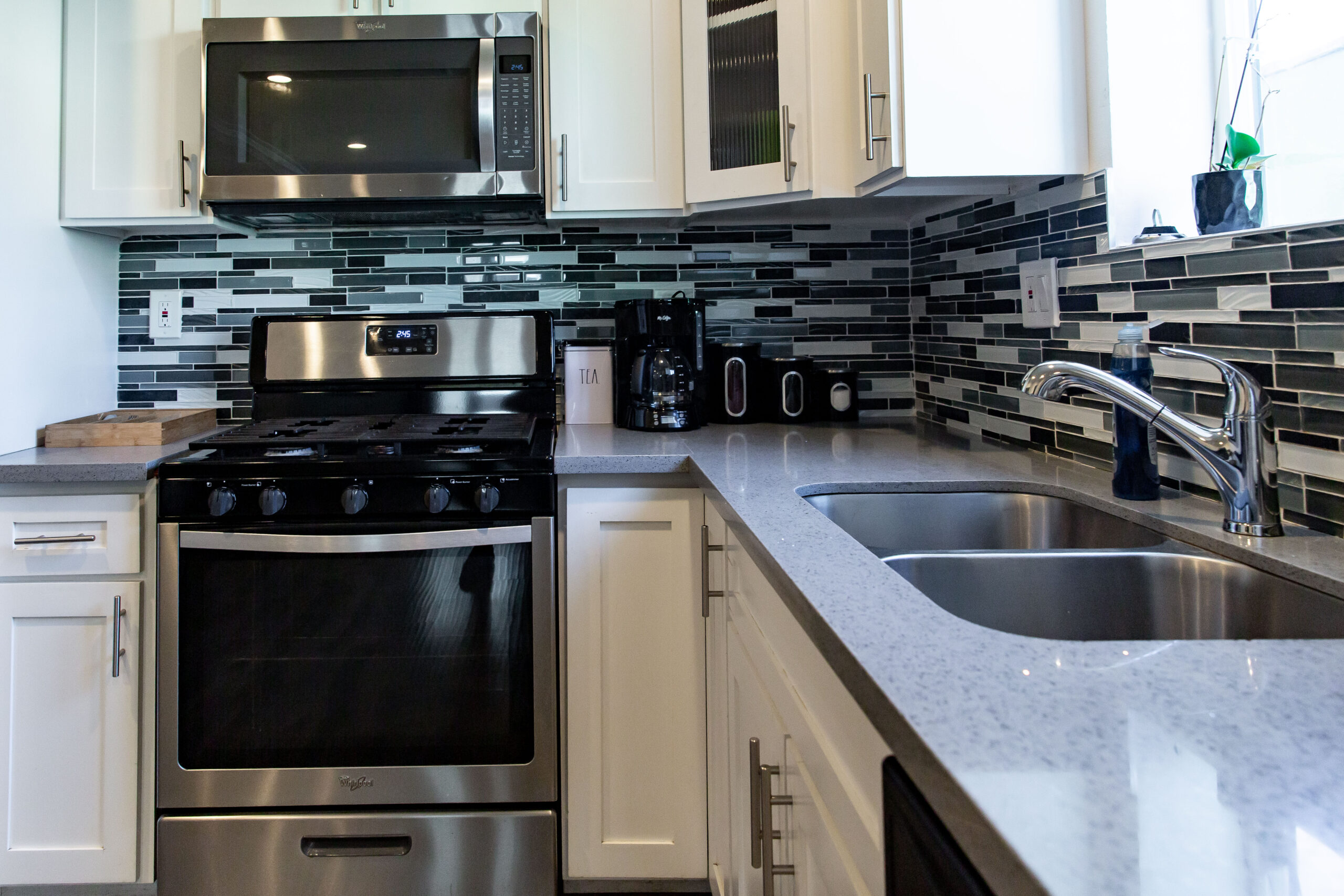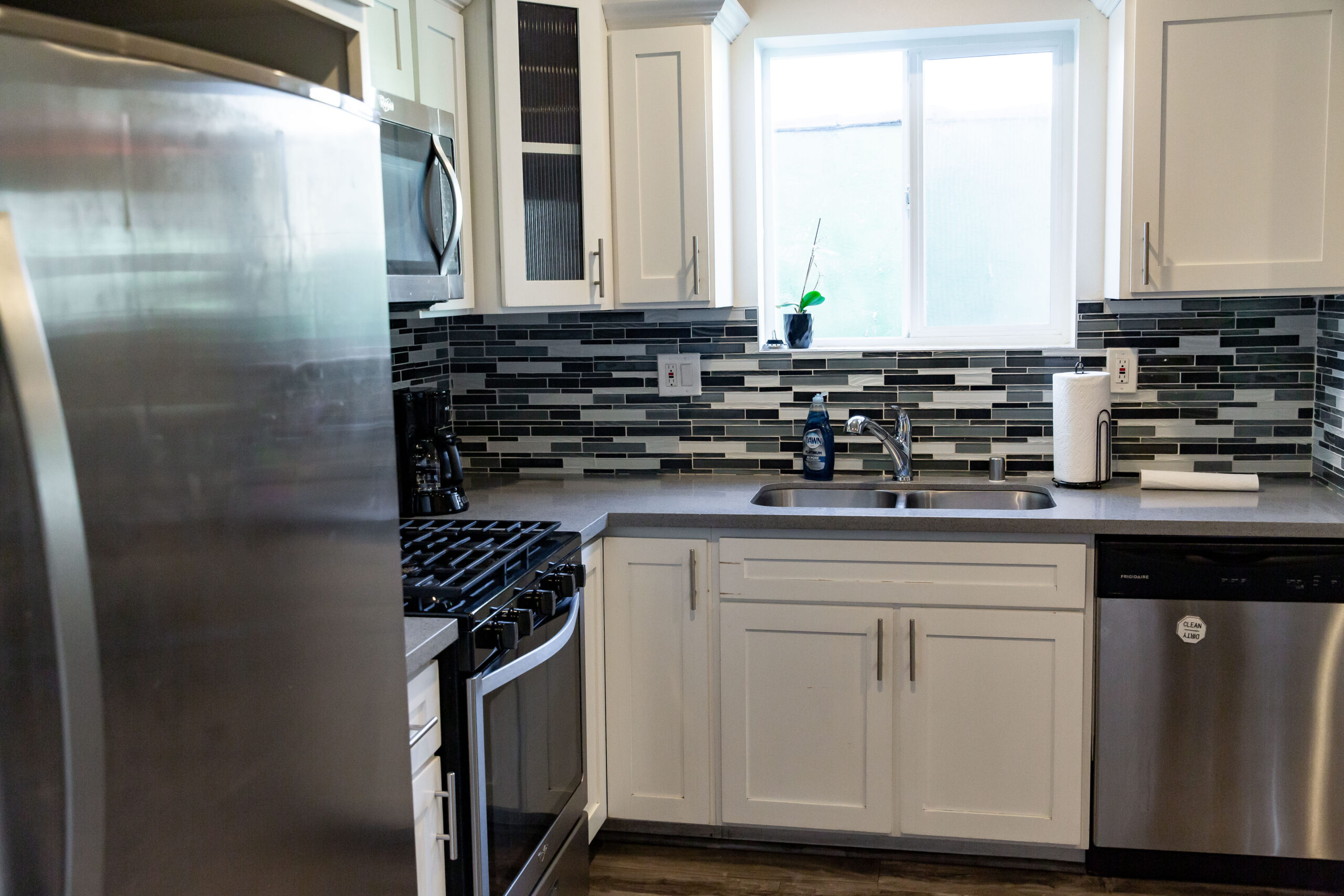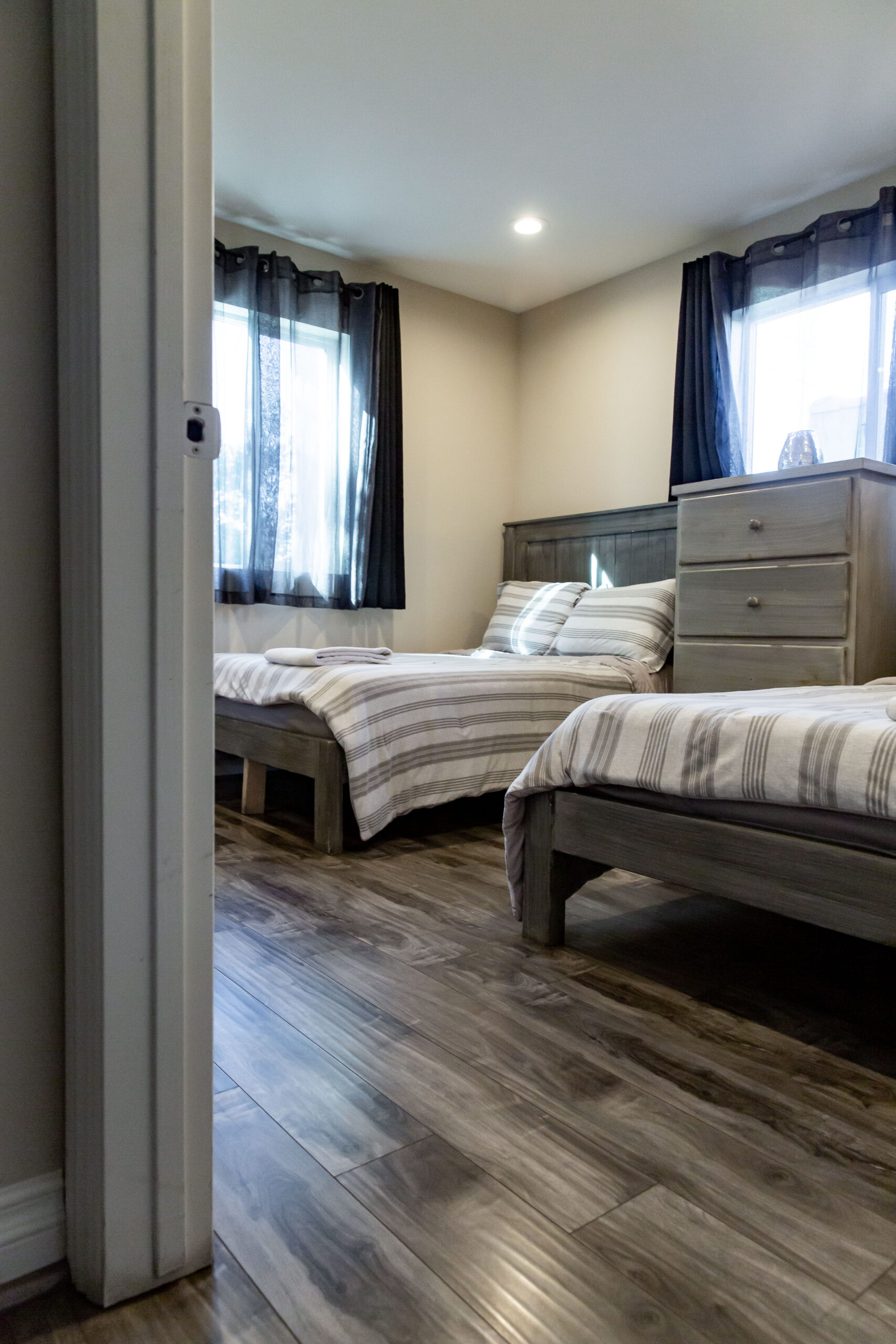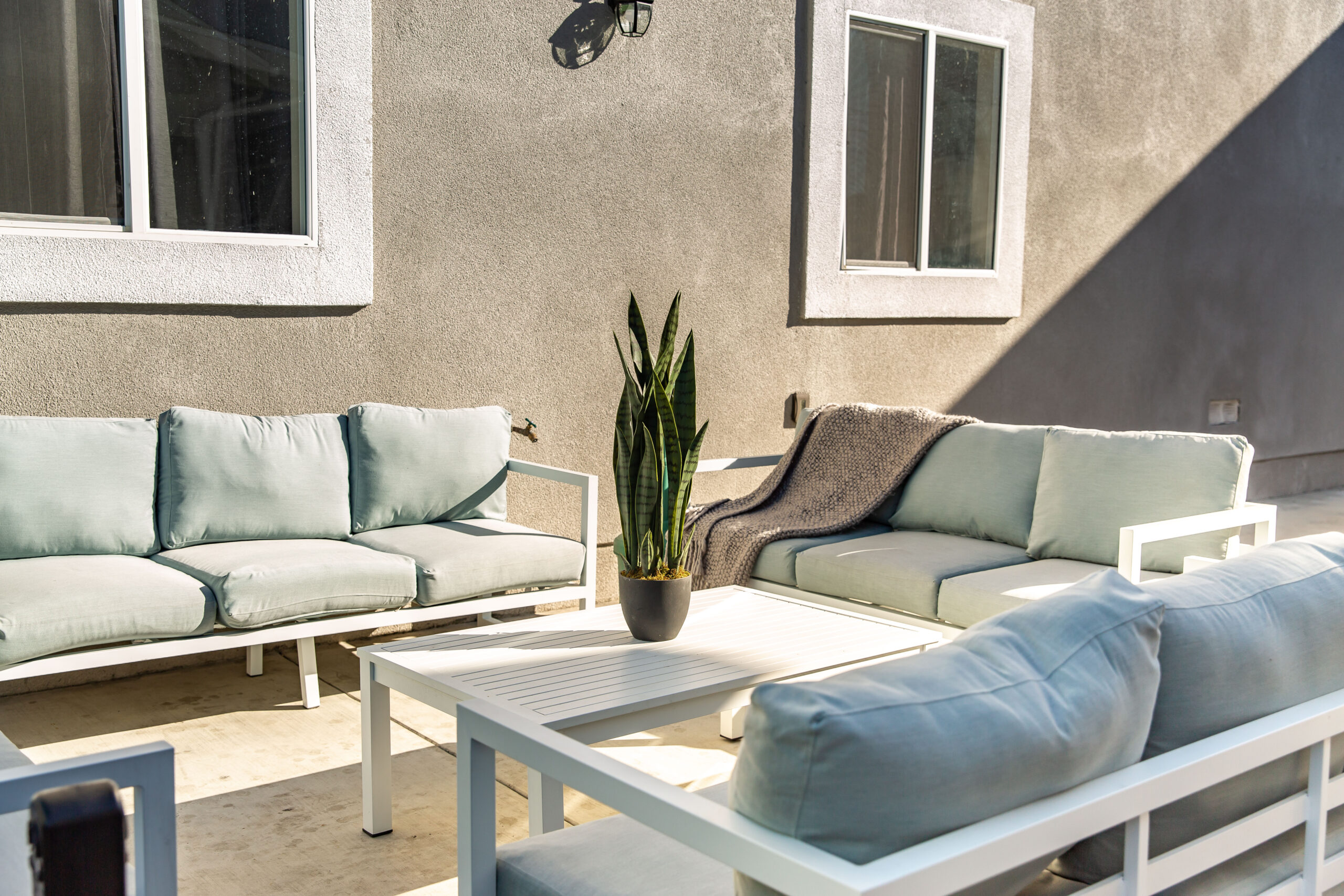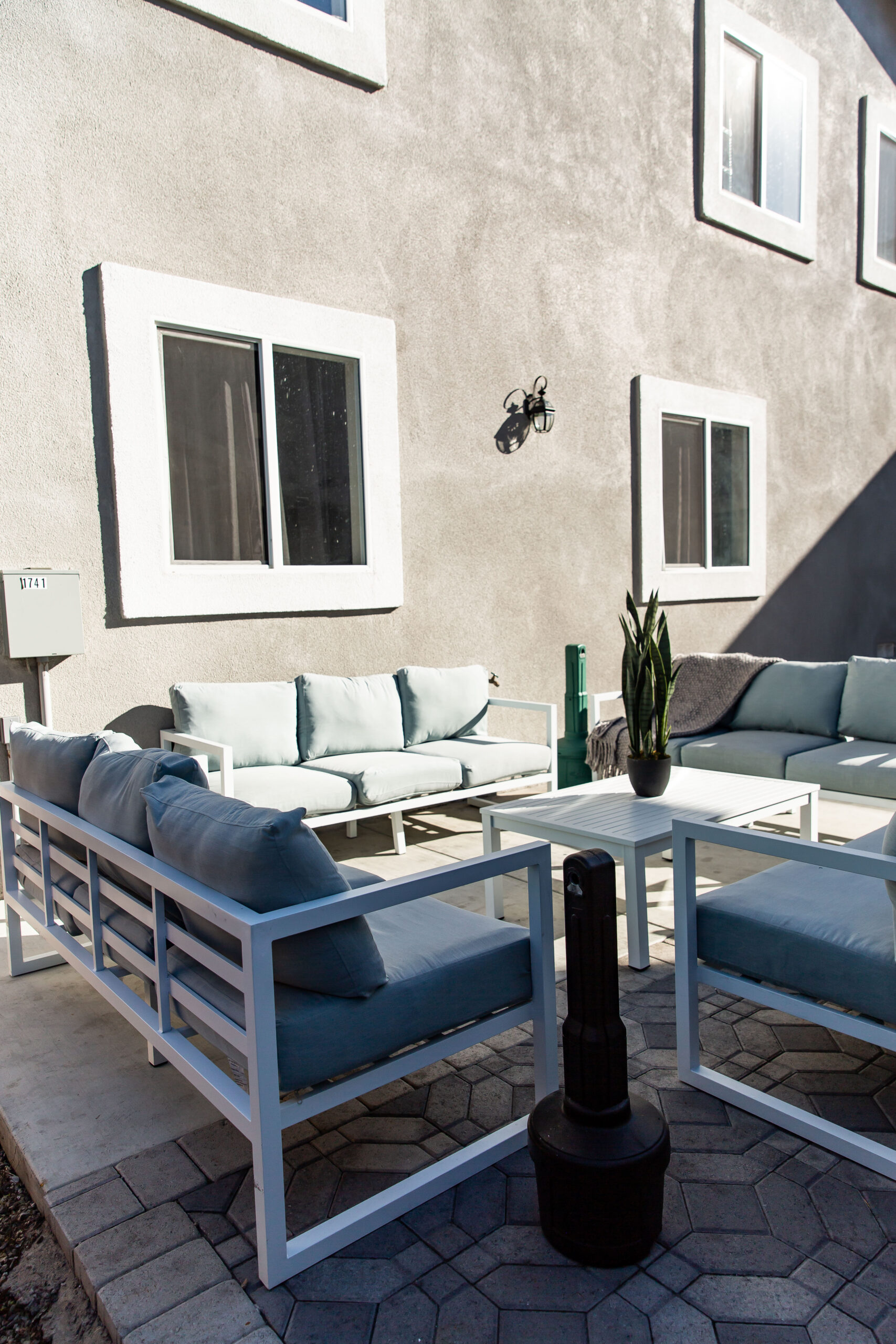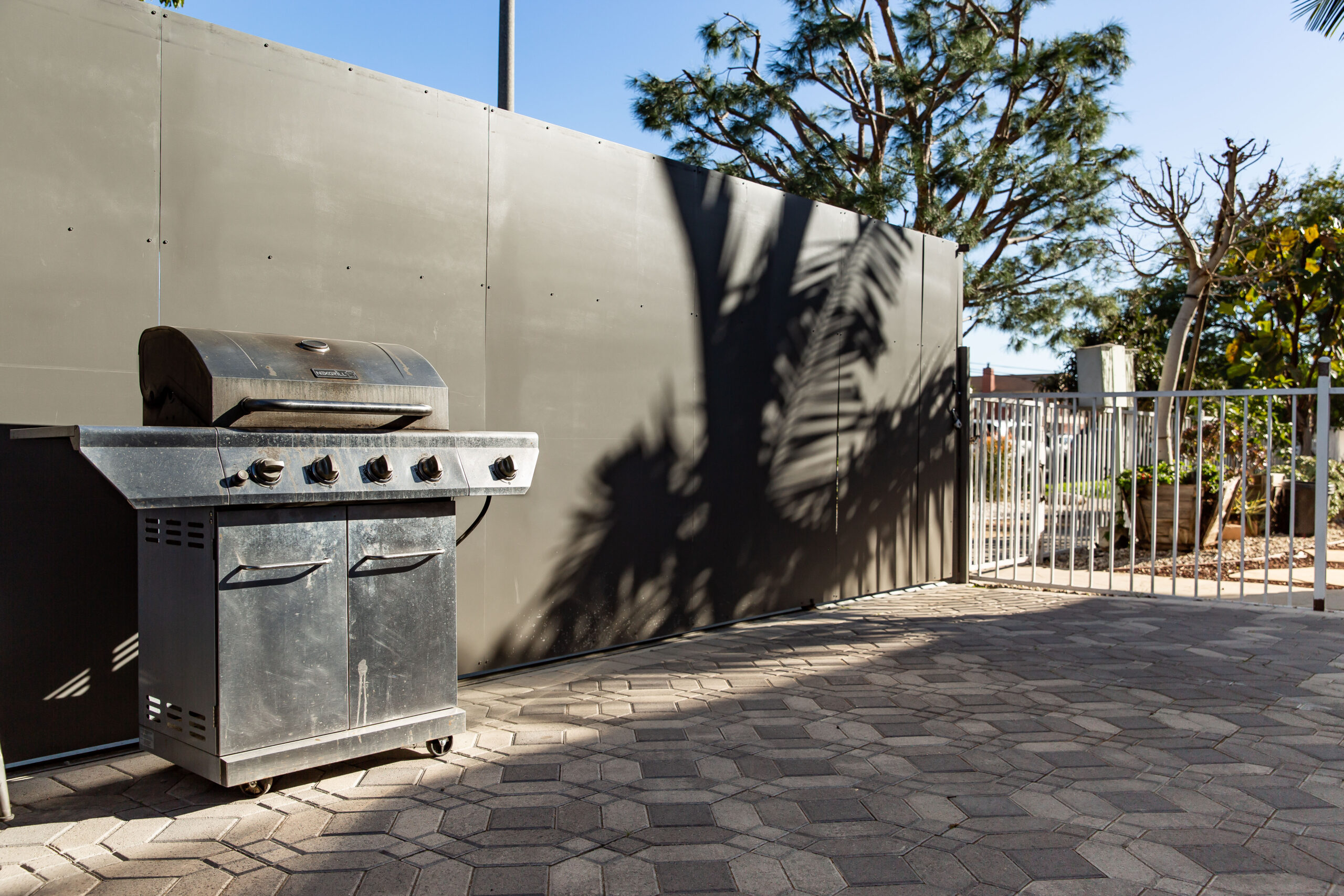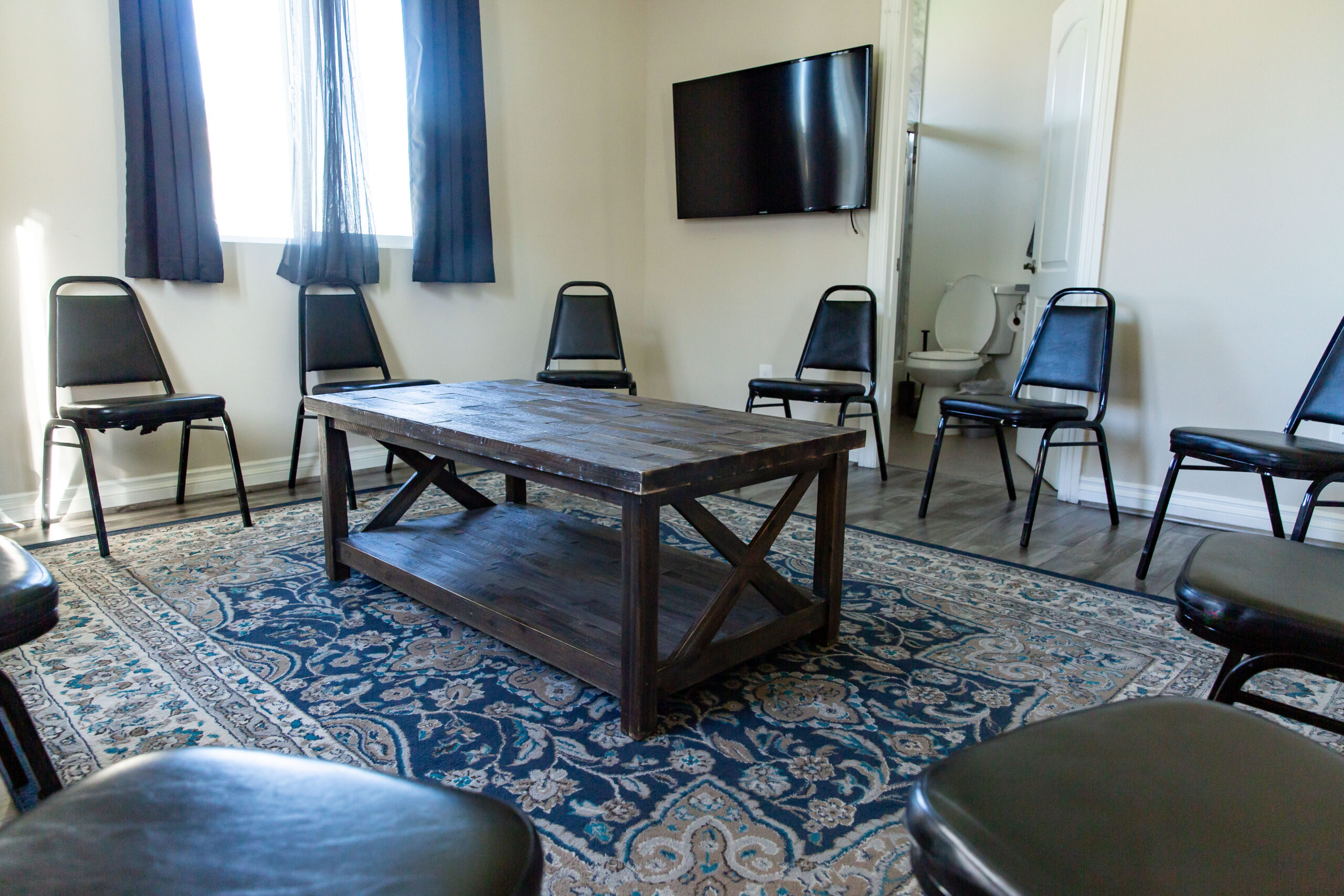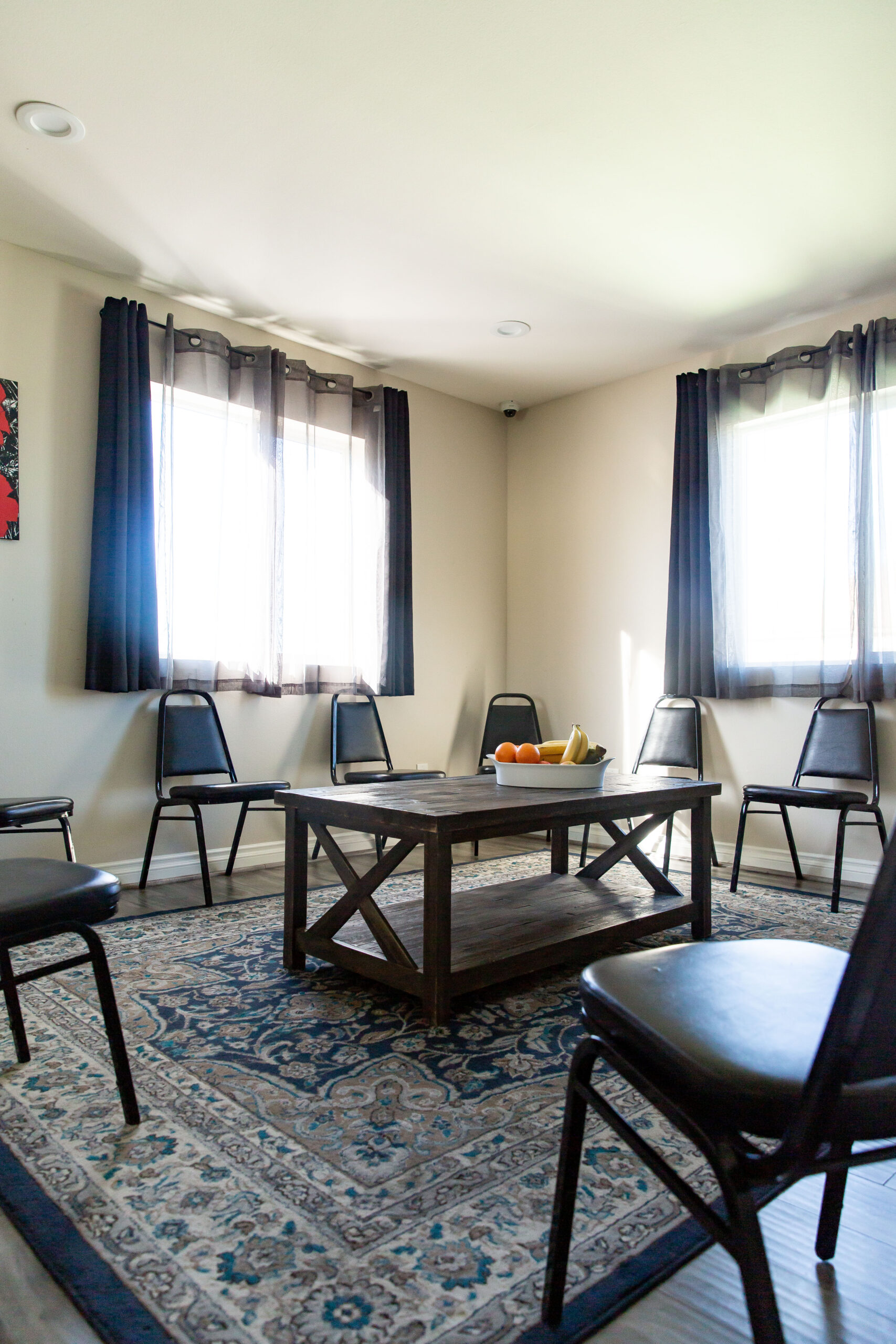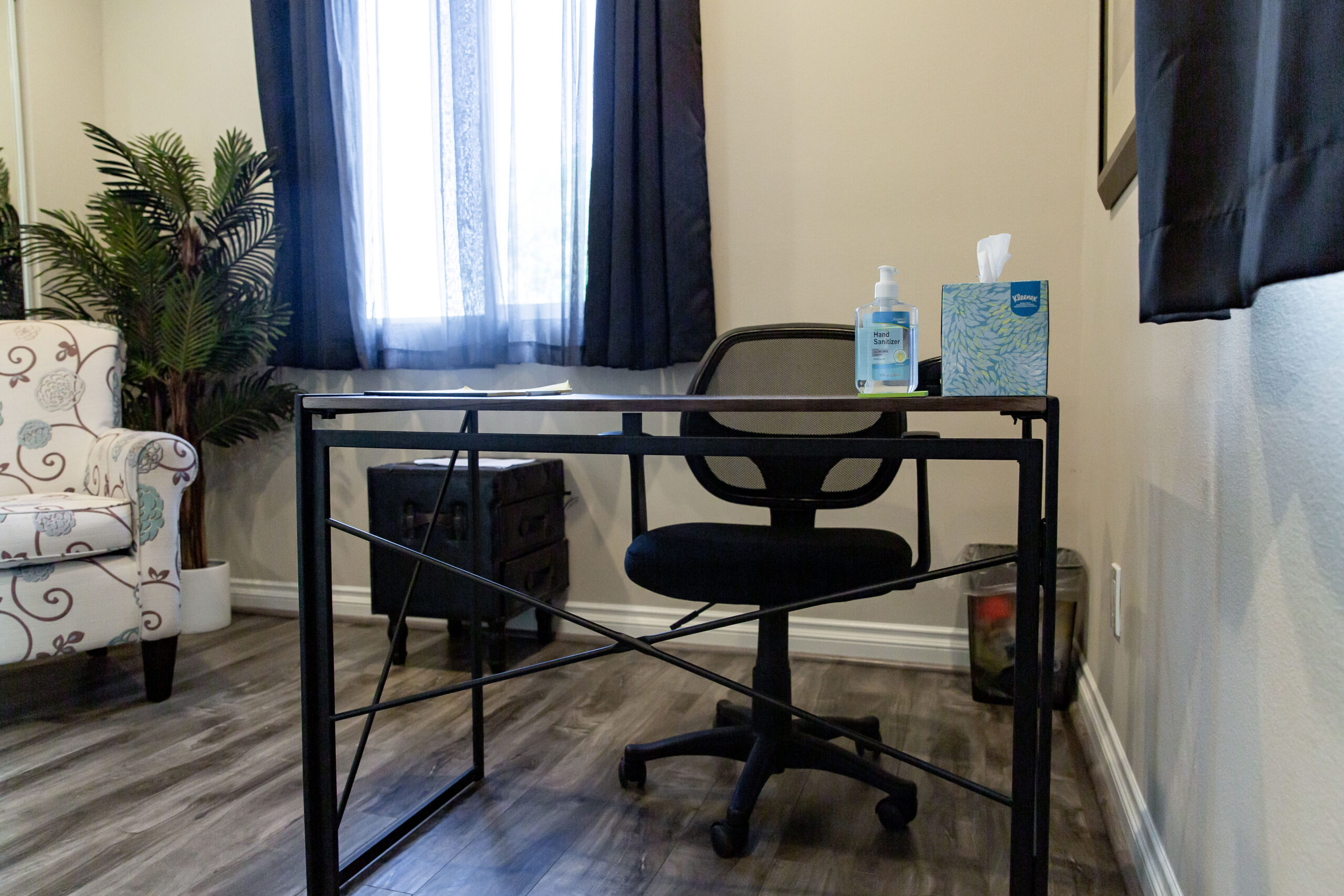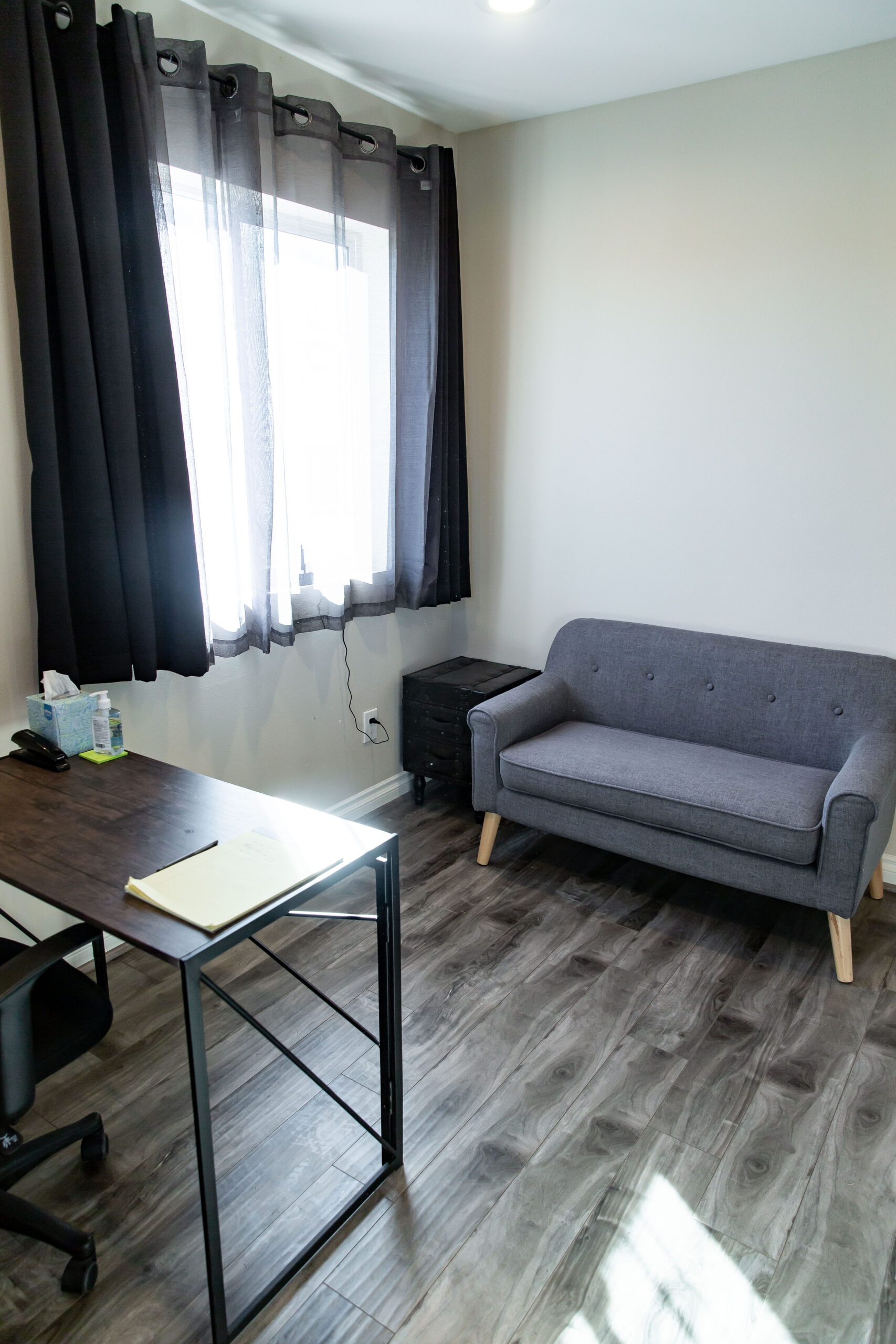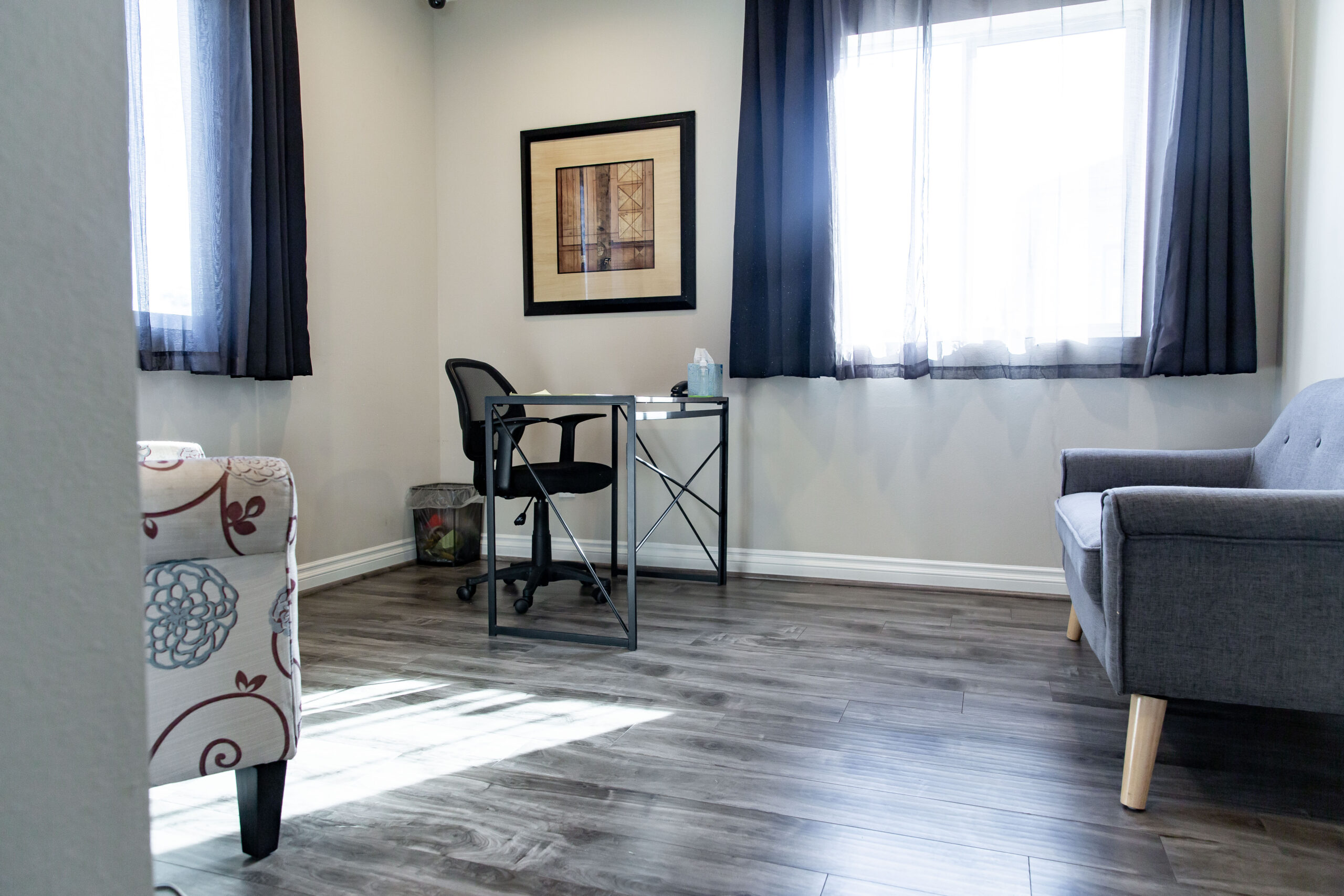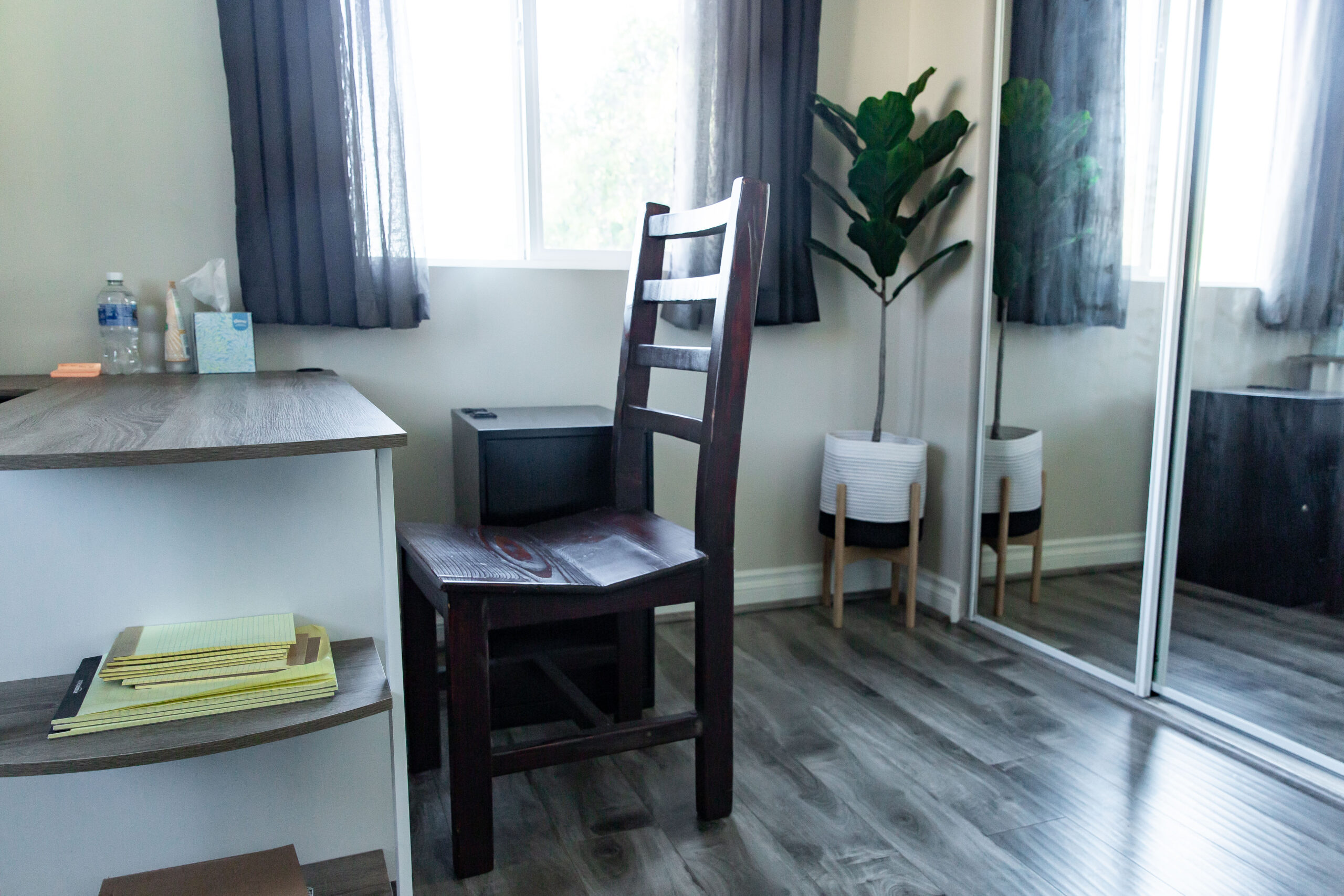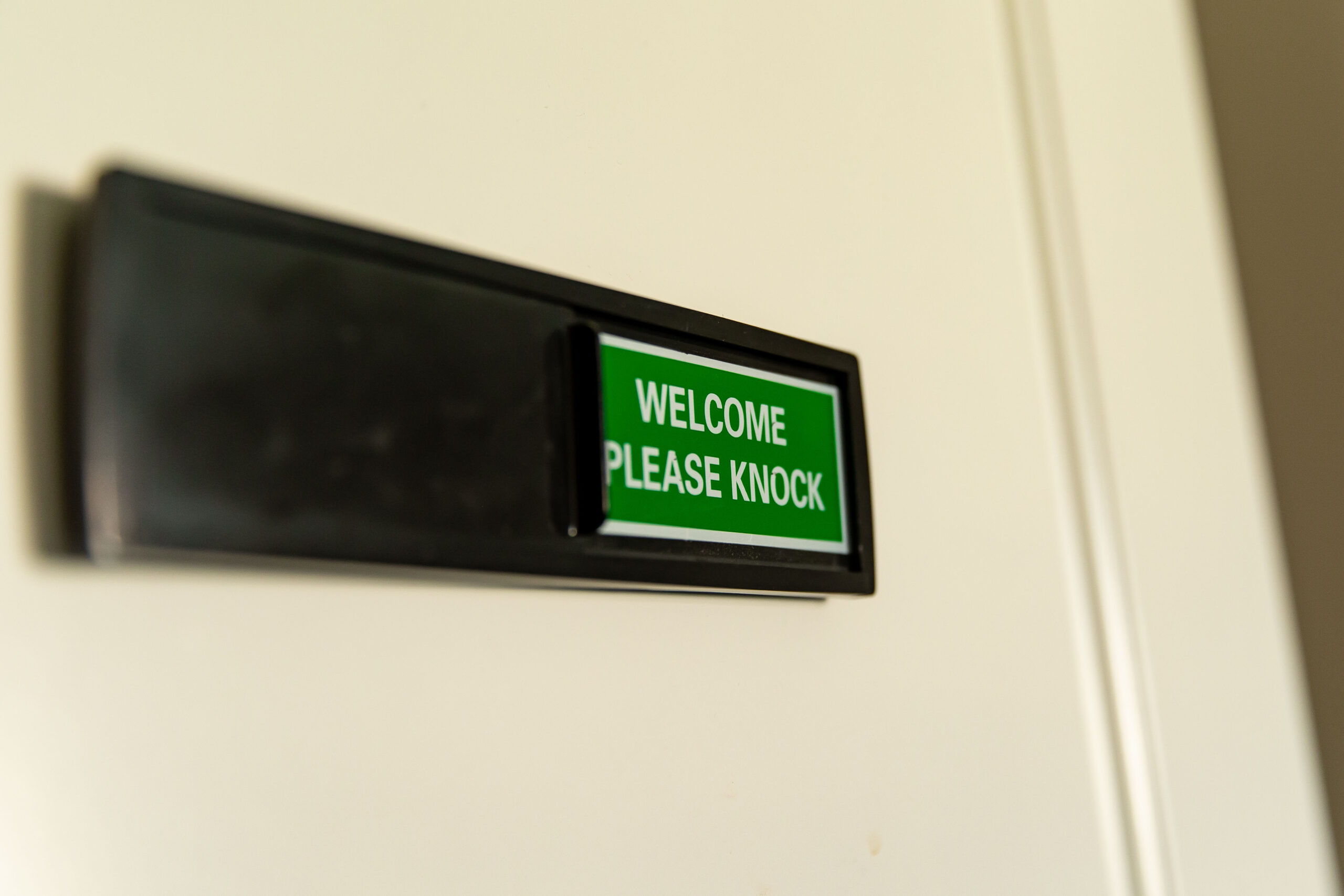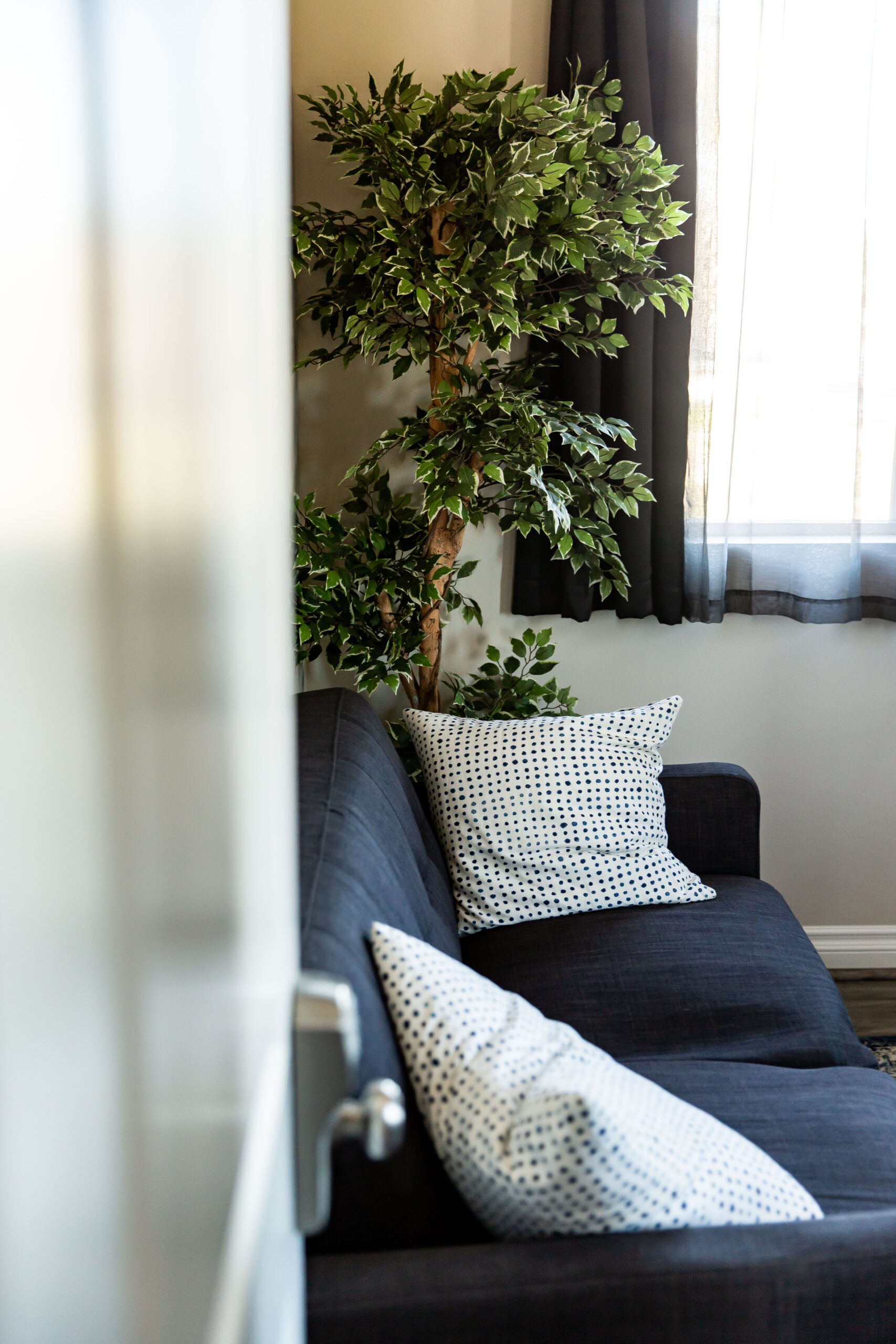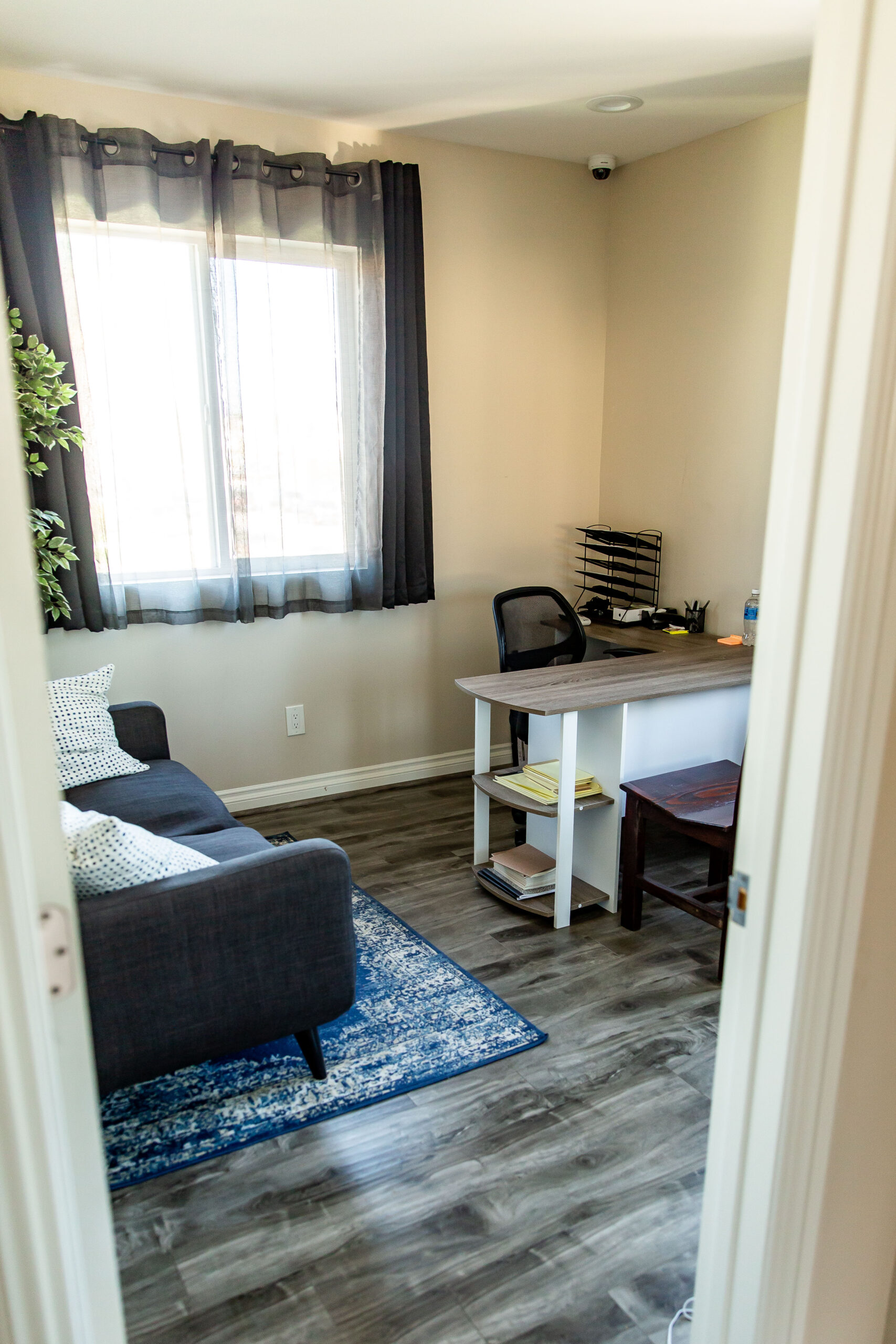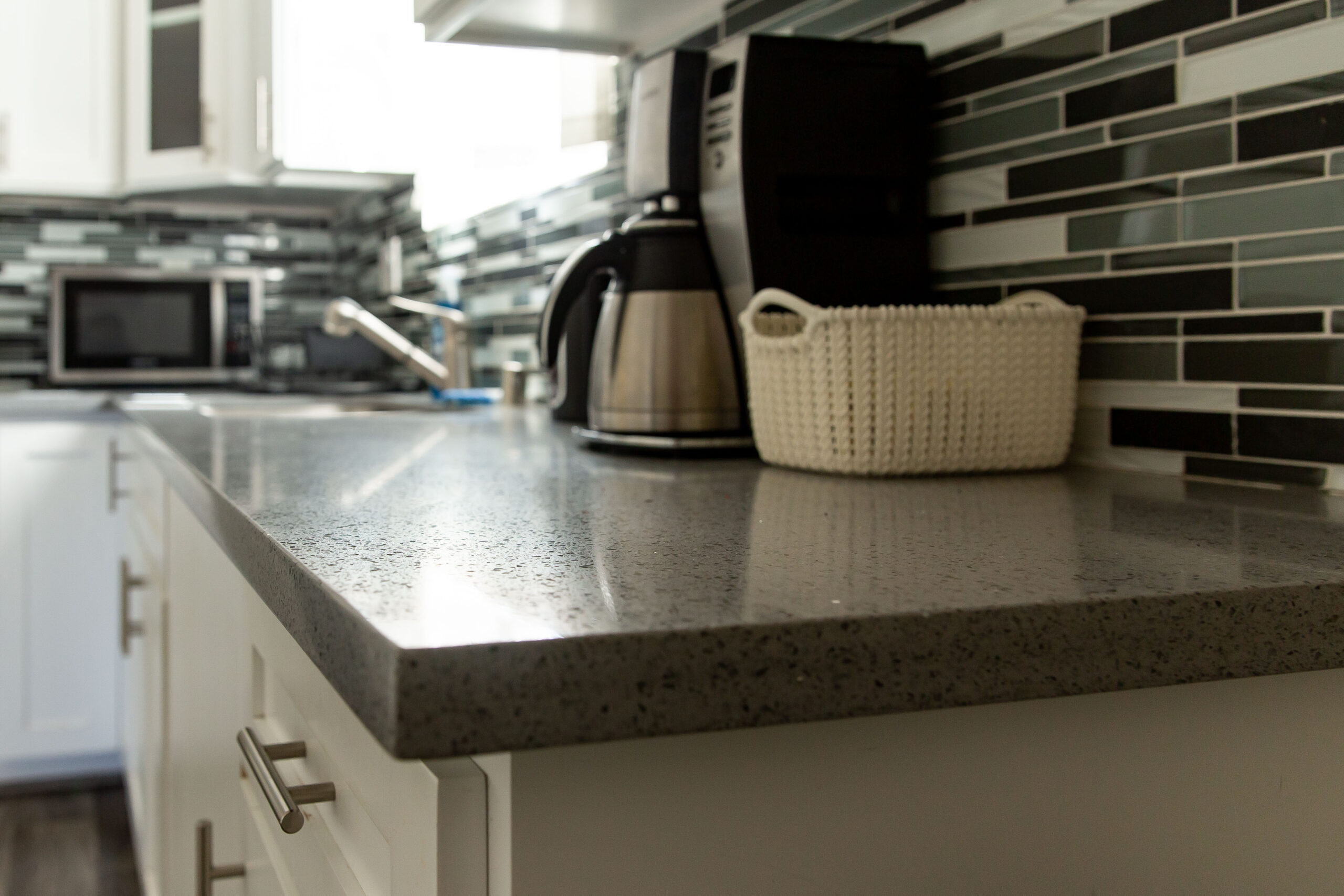If you or a loved one is suffering from a substance use disorder and you’re ready for treatment, you want to make sure that the recovery center you choose can address your concerns and provide a safe, comfortable facility. While there are excellent outpatient programs available, you may need a residential rehab in order to rid yourself of your addictions and get started on your path to recovery.
Take a Tour
We help those with substance use disorders reclaim their lives. We promote acceptance, safety, and self-awareness for our clients so that they can prepare for a life free of toxic attachments to drugs and alcohol. We have an on-site detox and 24/7 nursing care while you attend our inpatient rehab.
In addition to the addiction, we also treat underlying mental health issues such as borderline personality disorder, bipolar disorder, anxiety, and depression. Other facilities in our network offer intensive outpatient programs and telehealth or virtual care after you’ve graduated from residential treatment so that you have support throughout your longterm recovery journey.
- What Is Inpatient Rehab?
- What Is Inpatient Drug Rehab Like?
- What To Expect During Residential Rehab
- How Long Does Inpatient Rehab in Los Angeles Last?
- 30 Day Rehab
- 60 Day Rehab
- 90 Day Rehab
- Executive Drug Rehab in Los Angeles
- Breathwork Therapy
- Cognitive Behavioral Therapy
- Dialectical Behavioral Therapy
- Family Systems Therapy
- Trauma-Informed Therapy
What Is Inpatient Rehab?
At an inpatient treatment center, you’ll be in a highly structured environment that helps you address your drug or alcohol use and the issues that led to your addiction. It’s a safe place where you won’t be triggered or deal with the ability to get your drug of choice, so that you can focus on your health and recovery from the substance use disorder.
Typically, inpatient rehab also includes medically assisted detox and 24/7 staff availability. That means you can get help for any cravings that might occur, or any emotional issues that might crop up as well. At a residential facility you’ll have meals provided, so you’ll be able to eat healthy food that will also support your recovery.
People in a residential facility usually have a moderate to severe addiction to their substance(s) of choice and often have a dual diagnosis of a mental health issue. They require a higher level of care, so an outpatient program isn’t right for them at the time.
What Is Inpatient Drug Rehab Like?
Your days are structured so you don’t get too hungry, angry, lonely or tired. HALT is a known trigger for relapse, so daily activities have been planned for you to avoid these issues. You’ll be learning a new way to live free of substance use, and you’ll have the opportunity to experience new, healthy habits for use once you’ve graduated from the facility.
Typically, you’ll be getting up around 7 or 8 in the morning and eating breakfast with the other residents. Afterwards you’ll probably have some form of exercise or meditation, followed by group sessions to help you learn life skills. Then you’ll eat lunch with the rest of your group, and during the afternoon a mix of group and individual therapy sessions. After dinner with the group, there’s time for hobbies and other activities, followed by lights out at a specific time.
While you’re in an inpatient drug treatment program, you’ll be learning (or relearning) how to have healthy relationships with others and how to cope with different experiences. Life happens, and you’ll discover how to roll with it.
What To Expect During Residential Rehab
If you need to undergo a medication assisted detox, you can expect some cravings and other withdrawal symptoms. The goal of the detox is to make the withdrawal as safe and comfortable for you as possible, and you’ll be supervised 24/7 by the staff to ensure that you make it through safely. Generally, the symptoms will decrease after a few days, but you don’t have to go through the worst of it alone. Once the drug or alcohol is out of your system, you’re ready for inpatient treatment.
Very often, drug and alcohol users are self-medicating thoughts, feelings, or other symptoms that they’re trying to avoid. Although you might have believed you got rid of them through the substance abuse, they will make their reappearance once you stop using. The individual and group therapy sessions are designed to help you learn how to deal with them in a healthy way so that you no longer need to fear or dread them, or keep using in order to make them go away.
How Long Does Inpatient Rehab in Los Angeles Last?
The length of your personal inpatient treatment program depends on your drug of choice and how long and heavily you’ve been using, as well as any co-occurring disorders that you’re dealing with. During residential treatment, not only do you detox from your drug of choice, but you also learn how to live without it.
You’ll probably need new coping strategies and it often takes time for you to get used to the new habits you’ll be using in recovery.
30 Day Rehab
You’ll get the most out of a 30 day rehab program (and really any program) as long as you make a commitment to it. In other words, you have to make up your mind that you are going to do your best while you’re in the facility and learn as much as you can about addiction and recovery.
Make sure that the treatment center you’ve chosen can handle a dual diagnosis if you have a mental illness, and do your due diligence on the programs offered. Look at what you’re allowed to bring to the residential facility, because they may have different rules about what you can and can’t have while you’re there, such as cellphones.
Follow the rules of the program and keep at it. While some addicts experience a “pink cloud” at some point after their last drink or drug, it may not last, so keep going even if you don’t feel good. The bad feelings come and go, so don’t let them prevent you from getting well. And start thinking about how you’ll stay well after the 30 days are up – outpatient programs, 12 step meetings, and the resources the inpatient treatment facility will provide to you.
60 Day Rehab
A longer period in treatment will help you strengthen the foundations of your sobriety. You’ll have more time for your brain to get used to the new healthy habits, which makes them easier to rely on once you return to the outside world with its triggers. While there are some 60 day outpatient programs, most are conducted at an inpatient facility. This could be a good choice if you’ve tried a shorter program but it didn’t work for you, and you’re not able to make a 90 day commitment.
90 Day Rehab
If you’re able to attend inpatient treatment for your substance use disorder for 90 days, you’ll have an excellent chance of living sober afterward, especially if you have a strong aftercare program in place. Three months away from triggers and learning how to prevent relapses and other important topics gives you a solid foundation for longterm recovery.
Executive Drug Rehab in Los Angeles
If you’re a professional (often a high-functioning alcoholic or addict) who needs privacy for your addiction treatment, an executive drug rehab could be a good choice for you. While substance use disorders are quite common even at this level, you may be worried about losing your job or letting go of other responsibilities by attending treatment, and you likely don’t want colleagues or superiors (or even your neighbors) to know you have a problem.
While executive drug rehabs are often inpatient, they provide amenities for busy professionals such as Wi-Fi, private conference rooms, privacy, and discretion. These rehab programs, like Irvine meth rehab or Irvine benzo rehab are more luxurious, and can even support professionals who need to travel for work.
Breathwork Therapy
This is a more experiential type of therapy that focuses on being mindful of the breath. While you’re focused on your breath, you can let cravings and emotions go. Being mindful about what you’re doing is a good way to ride out urges that may come on suddenly, because you can focus on your breath any time of day and any place you happen to be.
Cognitive Behavioral Therapy
As they say in 12step meetings in Irvine, your “stinkin’ thinkin’” is what helped propel you down the road to a substance use disorder. Thinking in a different way can help you stay sober. Cognitive behavioral therapy (CBT) allows you to recognize distortions in your thinking and understand what’s happening in reality.
CBT also helps you develop problem solving skills that you can use throughout your life. It helps you face your fears instead of avoiding them, and how to calm your mind so it’s not racing with difficult thoughts all the time. CBT is based on scientific evidence and solid results for patients who’ve been treated this way.
Dialectical Behavioral Therapy
DBT is a modification of CBT that combines acceptance, mindfulness, and distress tolerance. Rather than defaulting to your drug of choice when you’re distressed, you learn coping skills instead that help you stay sober and live in a healthy way.
Family Systems Therapy
Your family is an emotional unit, and while you’re influenced by your family, they’re also influenced by you. Each member of the family plays a part in addiction, so you get to understand how your family can be entangled in the addiction too.
Trauma-Informed Therapy
Many people who suffer from substance use disorders have had traumatic experiences in their lives. Trauma-informed therapy helps you address your disorder within the context of the trauma you’ve experienced. The clinical staff is knowledgeable about how to treat your addiction while avoiding retraumatizing you.

